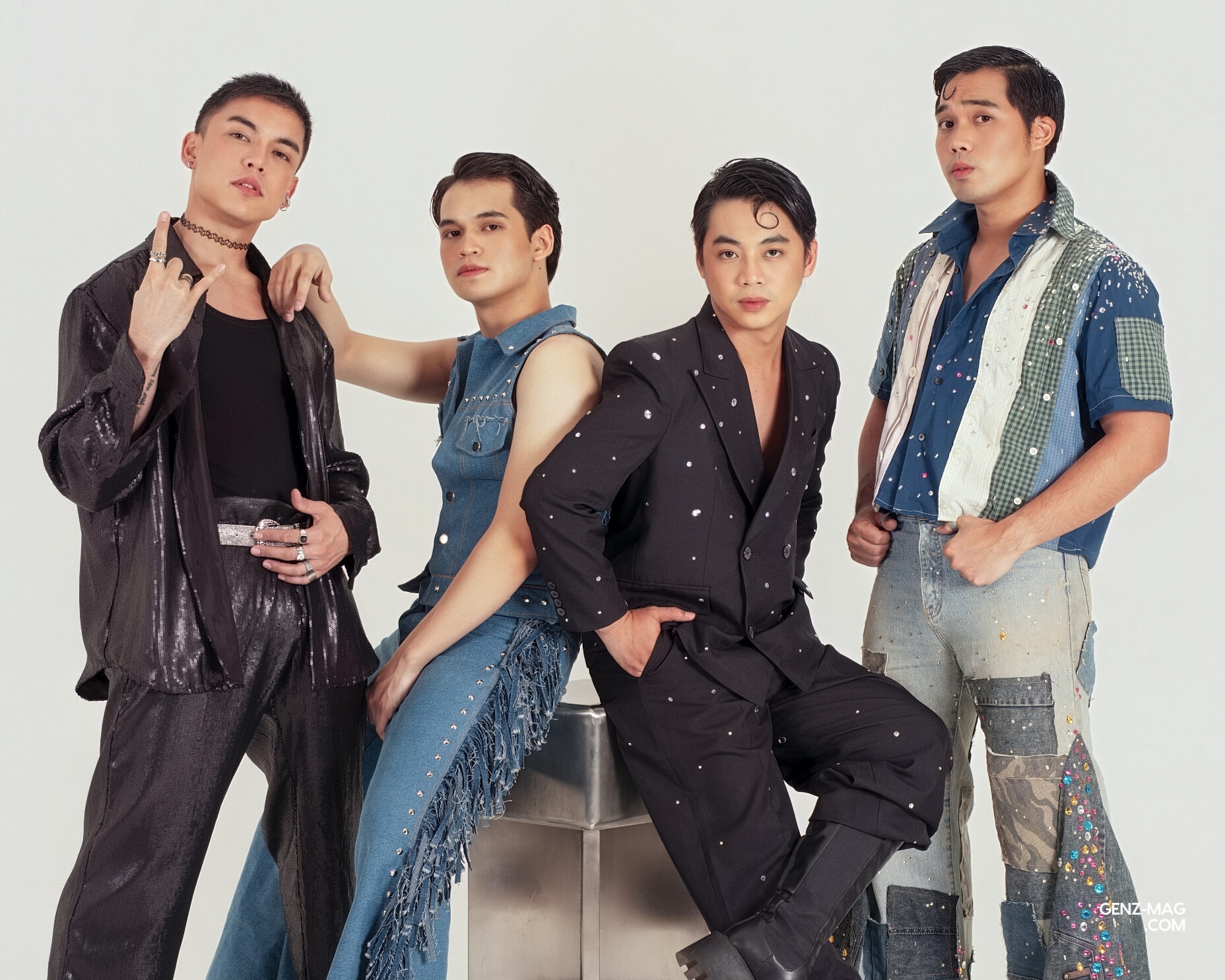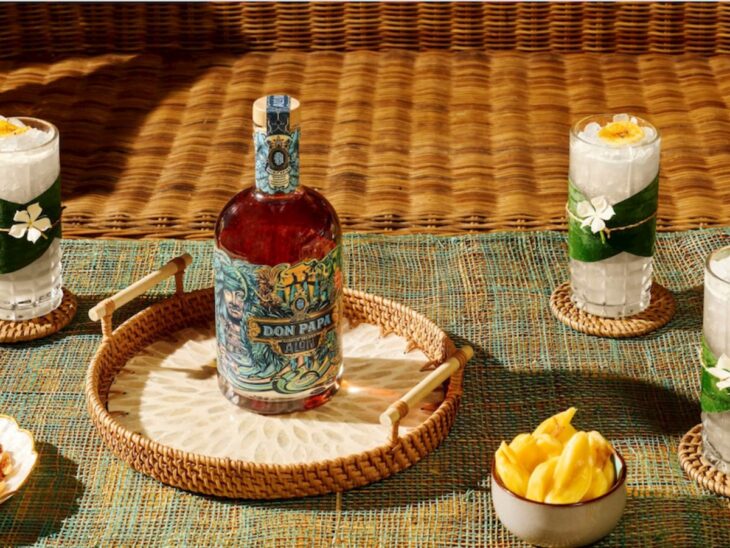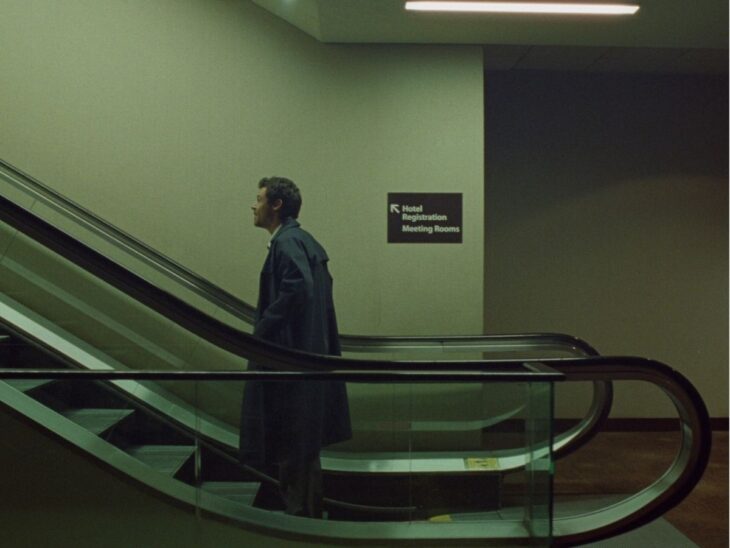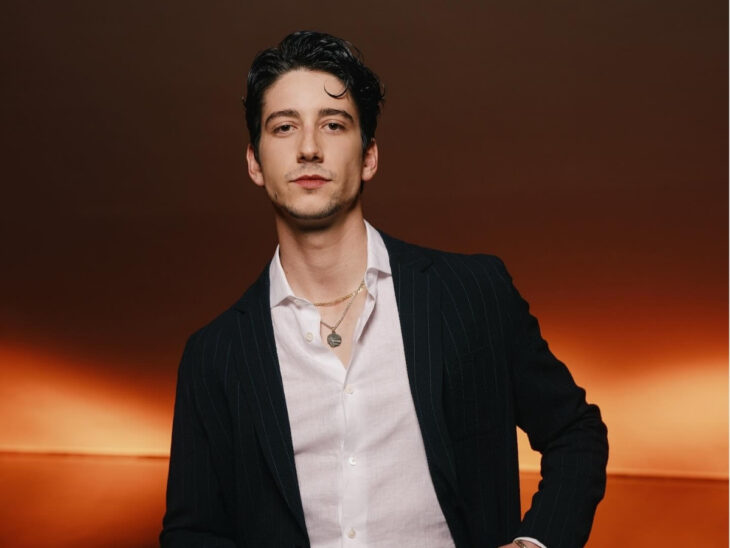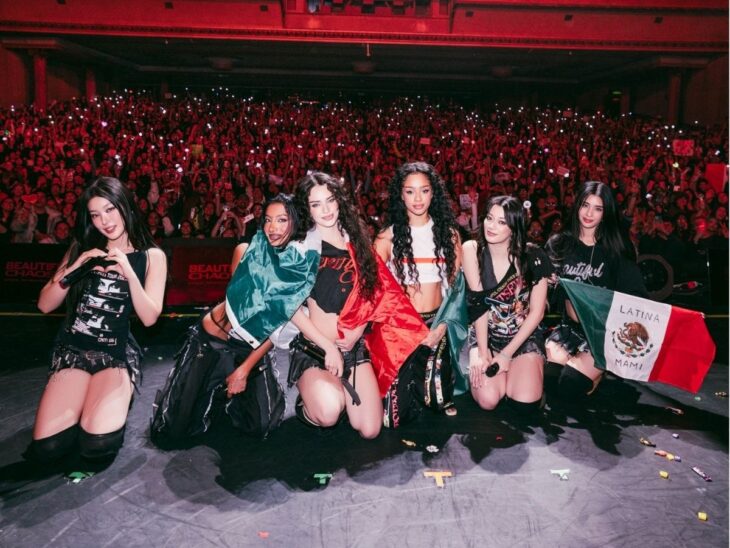There’s a reason why lawyers are looked up to in society. It’s not just the flair of the title, the prestige of winning controversial cases, or the reputation built from years of arguments and late nights poring over thick case files. Beyond the title are stories of struggle—sleepless nights, missed birthdays, quiet sacrifices, and personal reckonings that often get lost once the title “Atty.” is attached to a name.
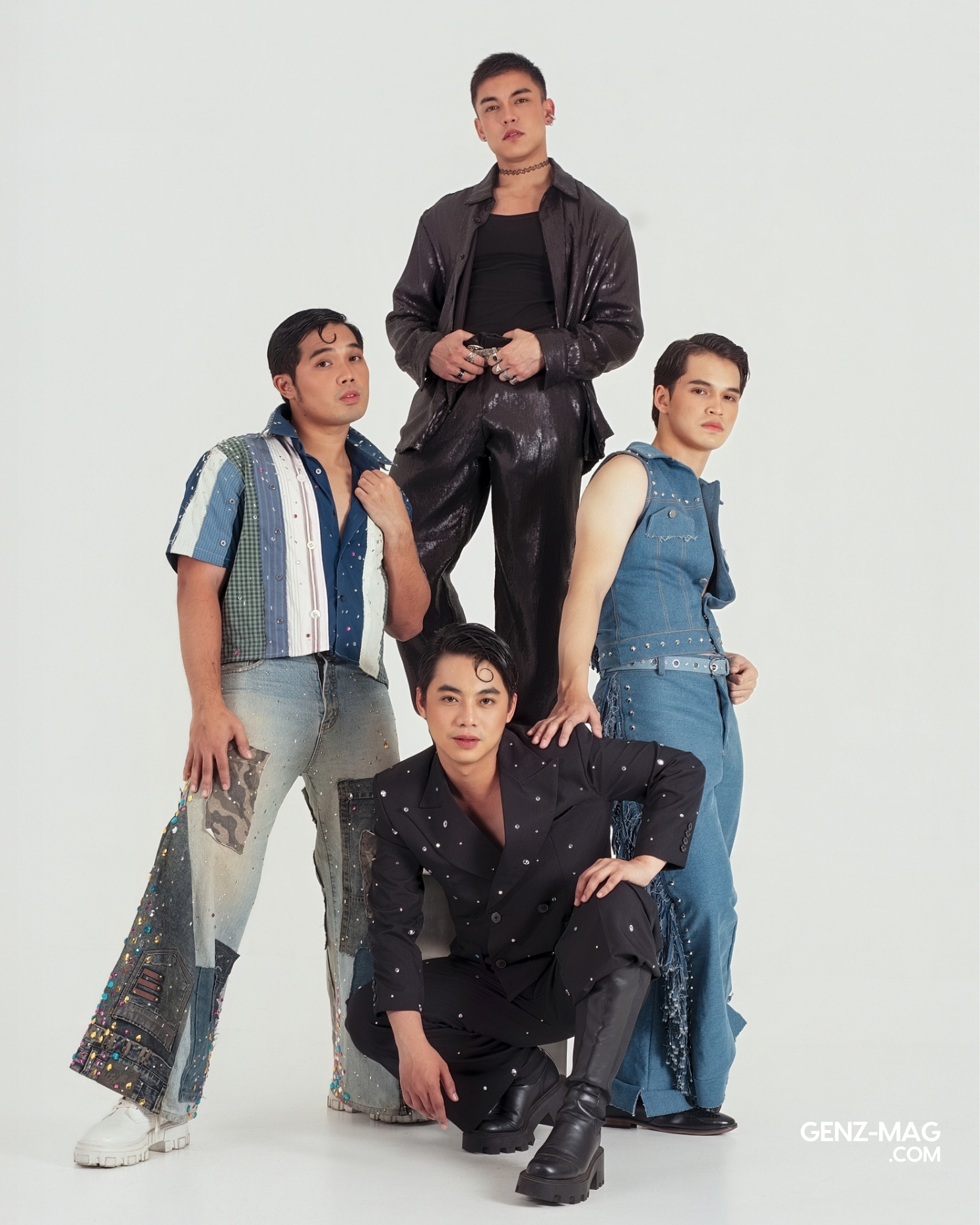
For many, becoming a lawyer is the dream. But for those who try to live that dream, it’s also a fight. A fight against expectations, against systems, against the self. And this is what makes Bar Boys—and now Bar Boys: The Musical—so relevant, years after its first release on the big screen. Its story continues to resonate because it reflects the hard questions that young Filipinos face every day:
What are we willing to give up for our dreams? What does success mean in a country where the odds are uneven from the start?
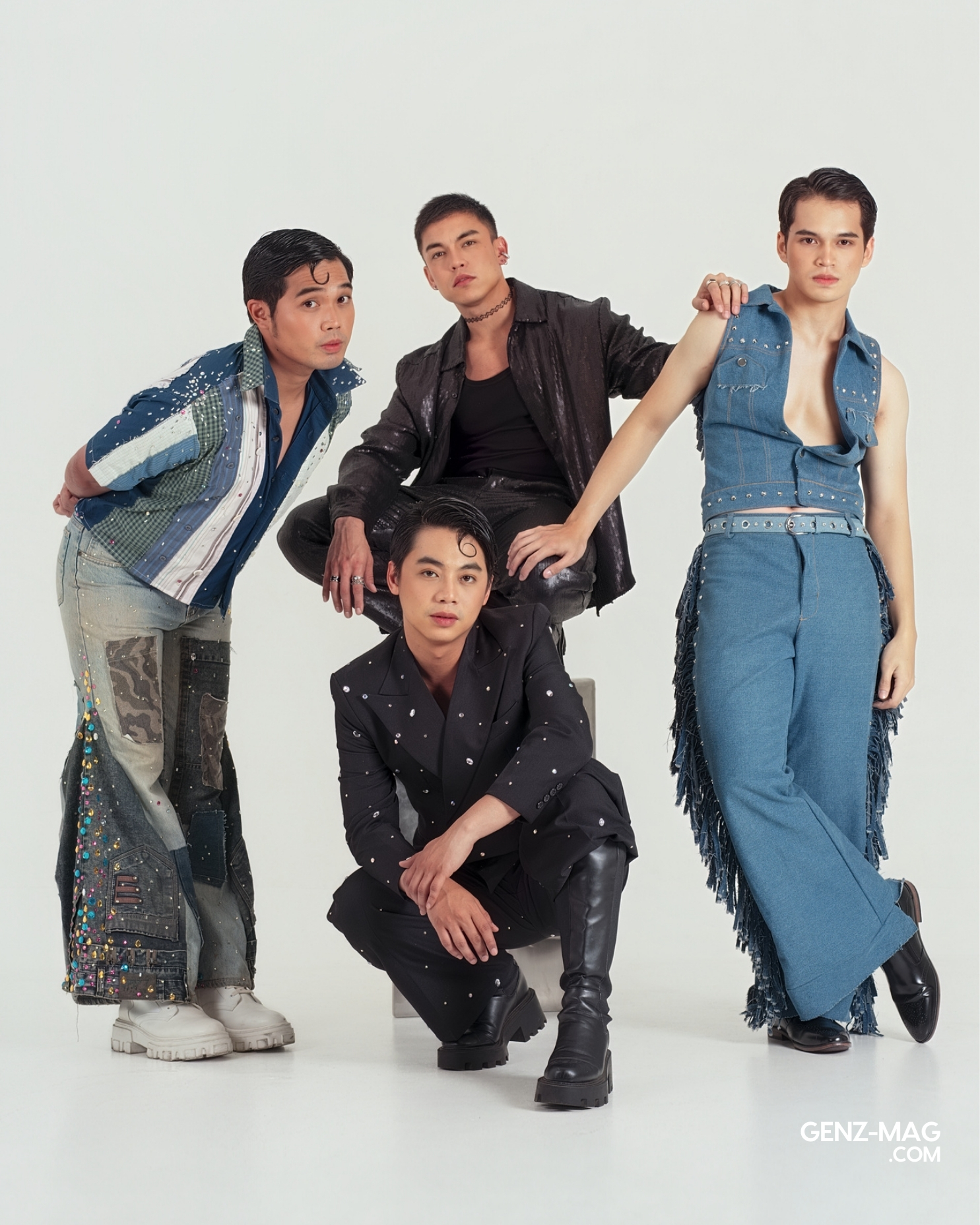
In this special feature, the cast of Bar Boys: The Musical—Benedix Ramos, Alex Diaz, Jerom Canlas, and Omar Uddin—share how the stories of the characters they portray mirror the struggles of every young Filipino. Their reflections go beyond the stage. They speak of faith, friendship, privilege, and purpose. They remind us that dreams are never just individual pursuits. They are collective acts of hope in a society still learning to listen.
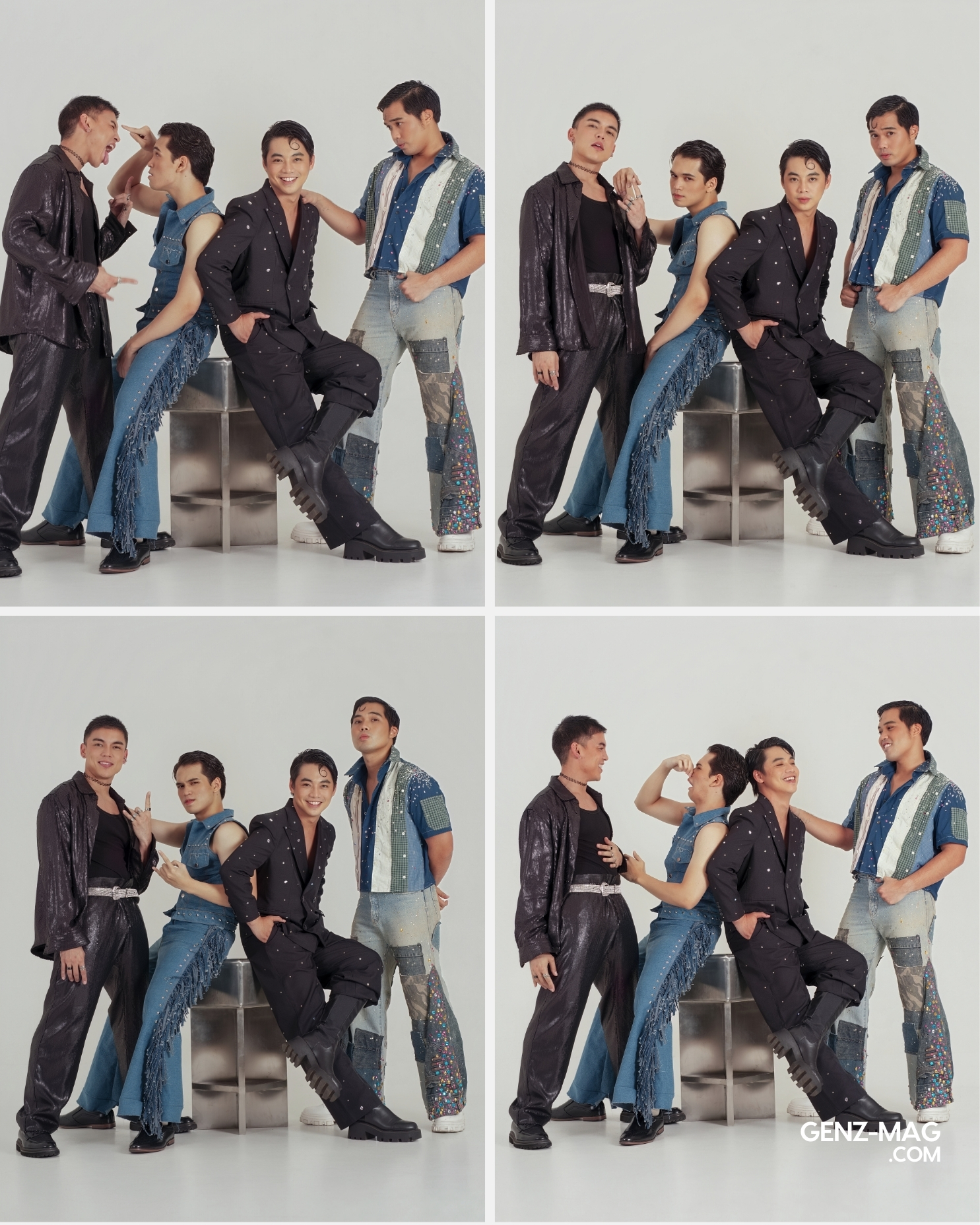
‘Everybody has the Right to Dream Big’: Benedix Ramos on Erik’s Aspirations
For many Filipinos, the path to law school isn’t just about intellect or determination. It’s also about survival. Beneath every student juggling reading and recitation is the quiet pressure of providing for a family, of making sacrifices not just for oneself but for an entire household.
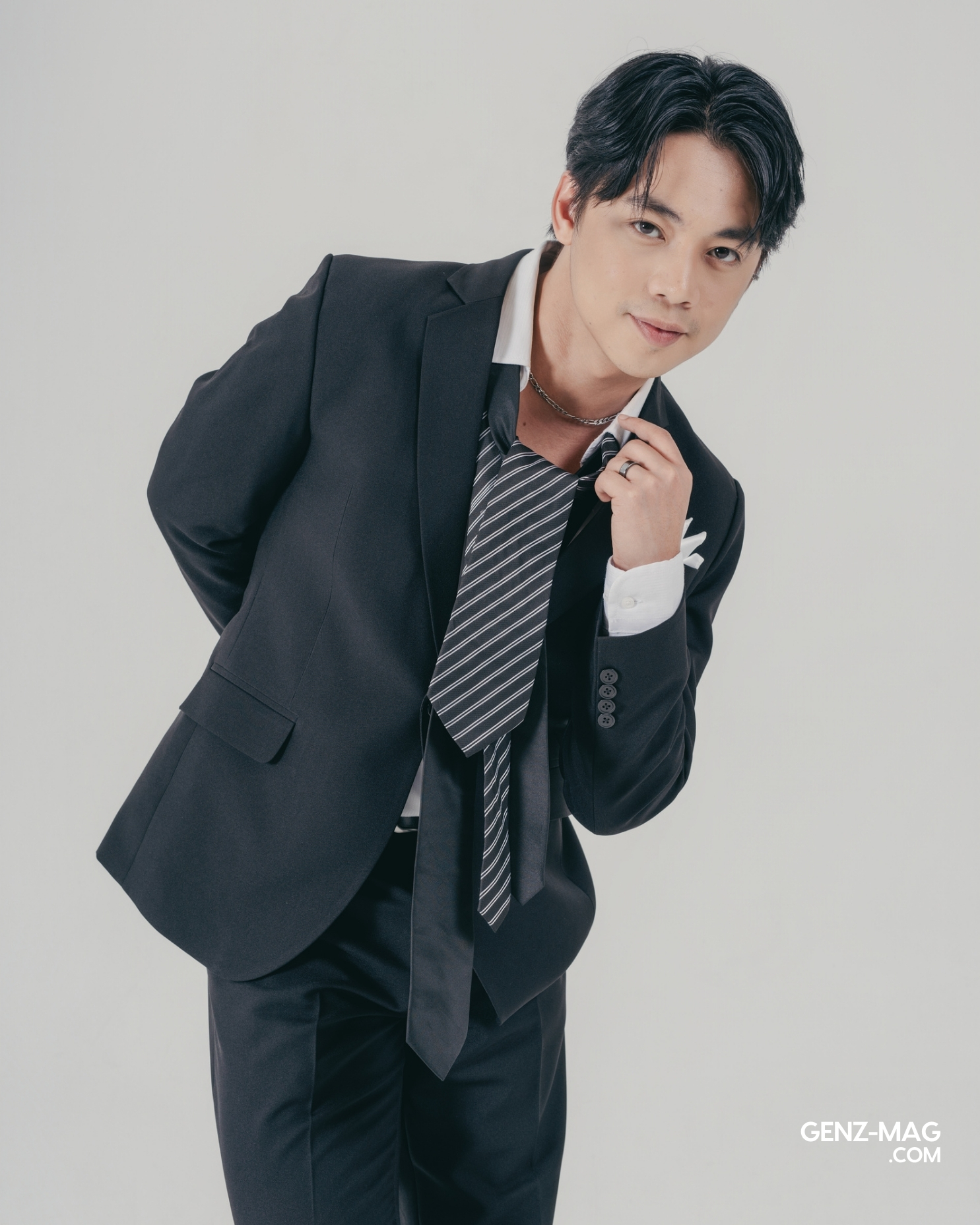
This is the heart of Erik Vicencio, the character played by former PBB celebrity housemate and Better Days BL Series Benedix Ramos. Erik represents the working-class dreamer, a man from humble beginnings who carries the weight of family expectations while striving for a future that seems just out of reach.
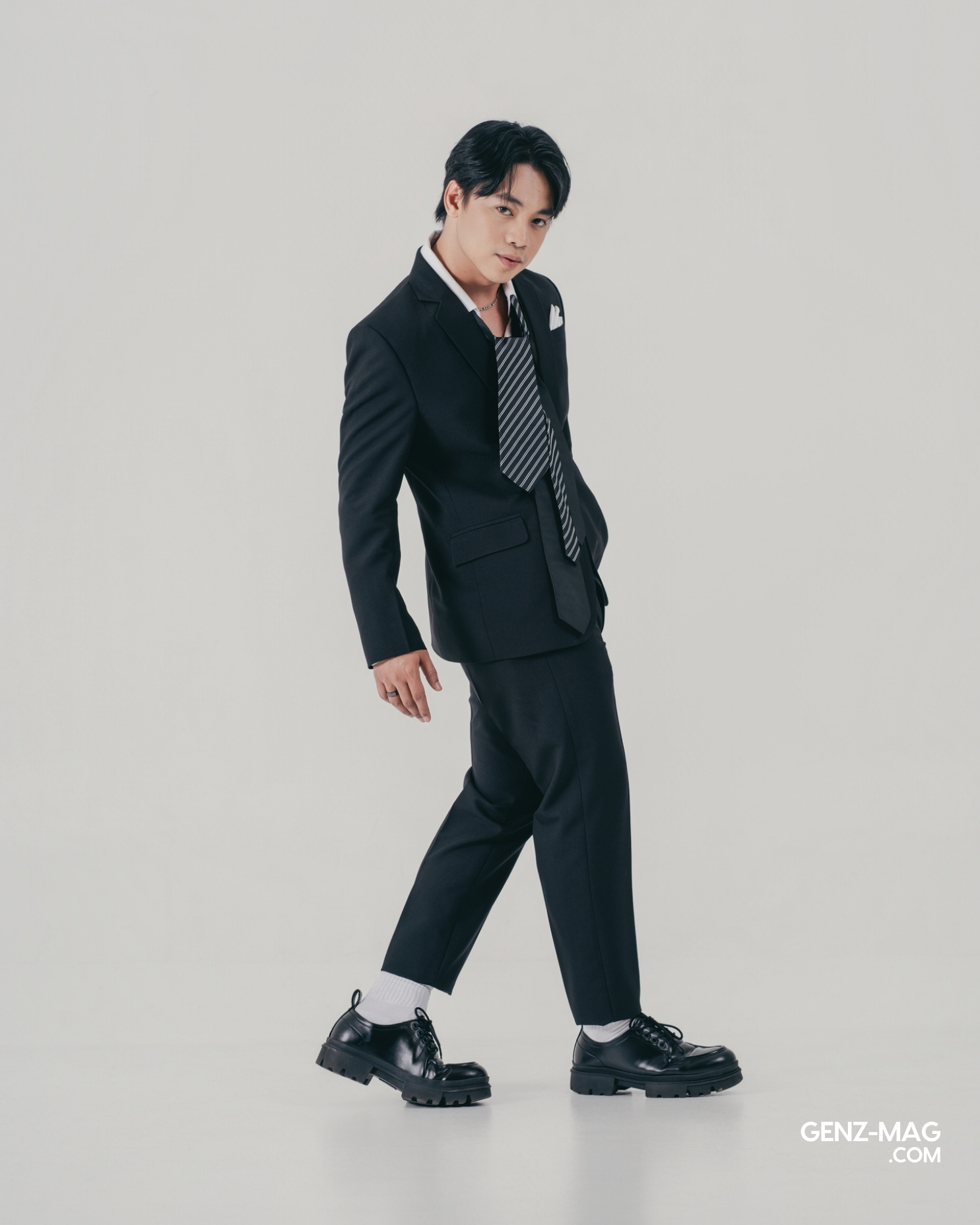
“Erik Vicencio is easy and hard at the same time,” Benedix admits. Easy because he’s the reflection of everyday Filipino struggles—from transportation to flooding to surviving day by day. “But also hard, because how do you play this without being affected too much by the character? Erik is struggling a lot in terms of the systemic circumstances of this country. Mahirap siya kasi nakakainis, nakakagalit.”
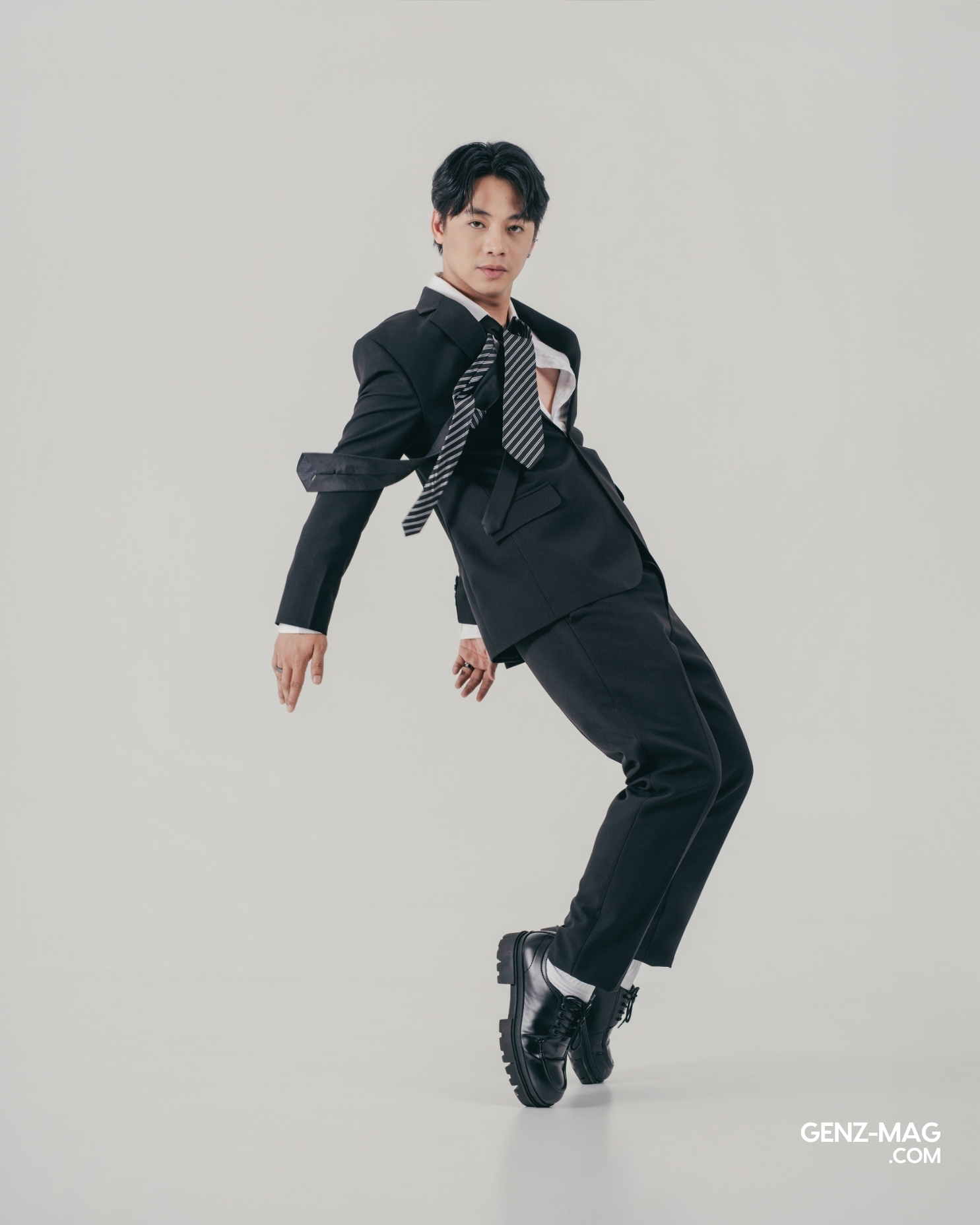
For Benedix, Erik is not just a character but a mirror. He represents people who keep pushing despite the odds, people who may not have privilege but still find ways to dream. “Tinataguyod niya ‘yong sarili niya kasama lang ‘yong tatay niya,” Benedix says. “Doon pa lang, dehado na siya. Ang hirap mangarap para sa kanya.”
What keeps Erik going—and perhaps what keeps many Filipinos going—is faith. Not just religious faith, but faith in the beauty of persistence.
“If you have faith, it definitely makes the load easier somehow. It’s what keeps the dream alive.”
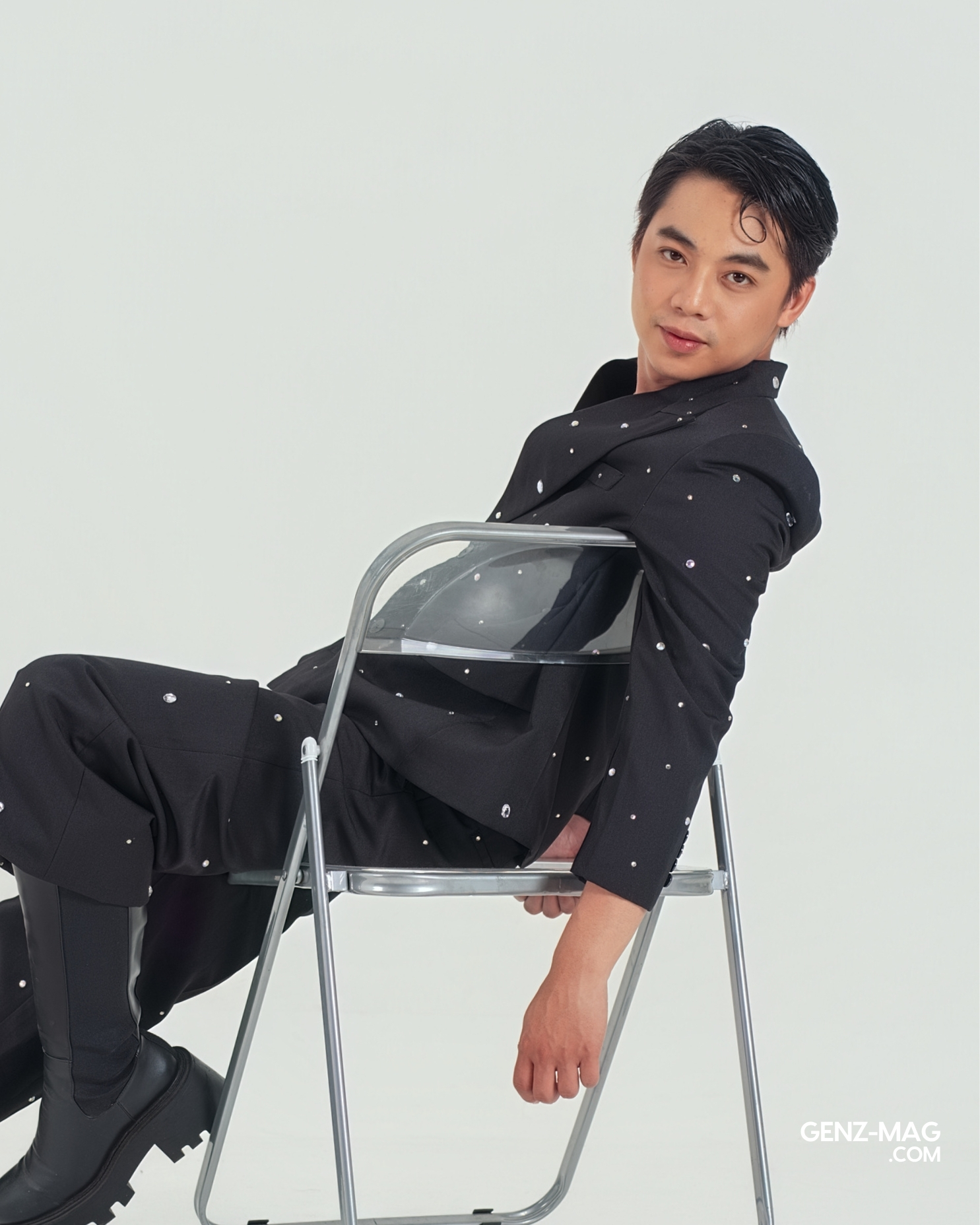
Benedix admits that while he might not have lived Erik’s hardships firsthand, playing the role has made him more aware of his own privileges and of how systemic inequality shapes the lives of others. He reflects upon how privileged he is, and at the same time, the weight that comes with what others are going through.
“May mga taong pursigidong mangarap kahit na may maraming balakid. It’s not stopping them from dreaming big. Everybody has the right to dream big.”
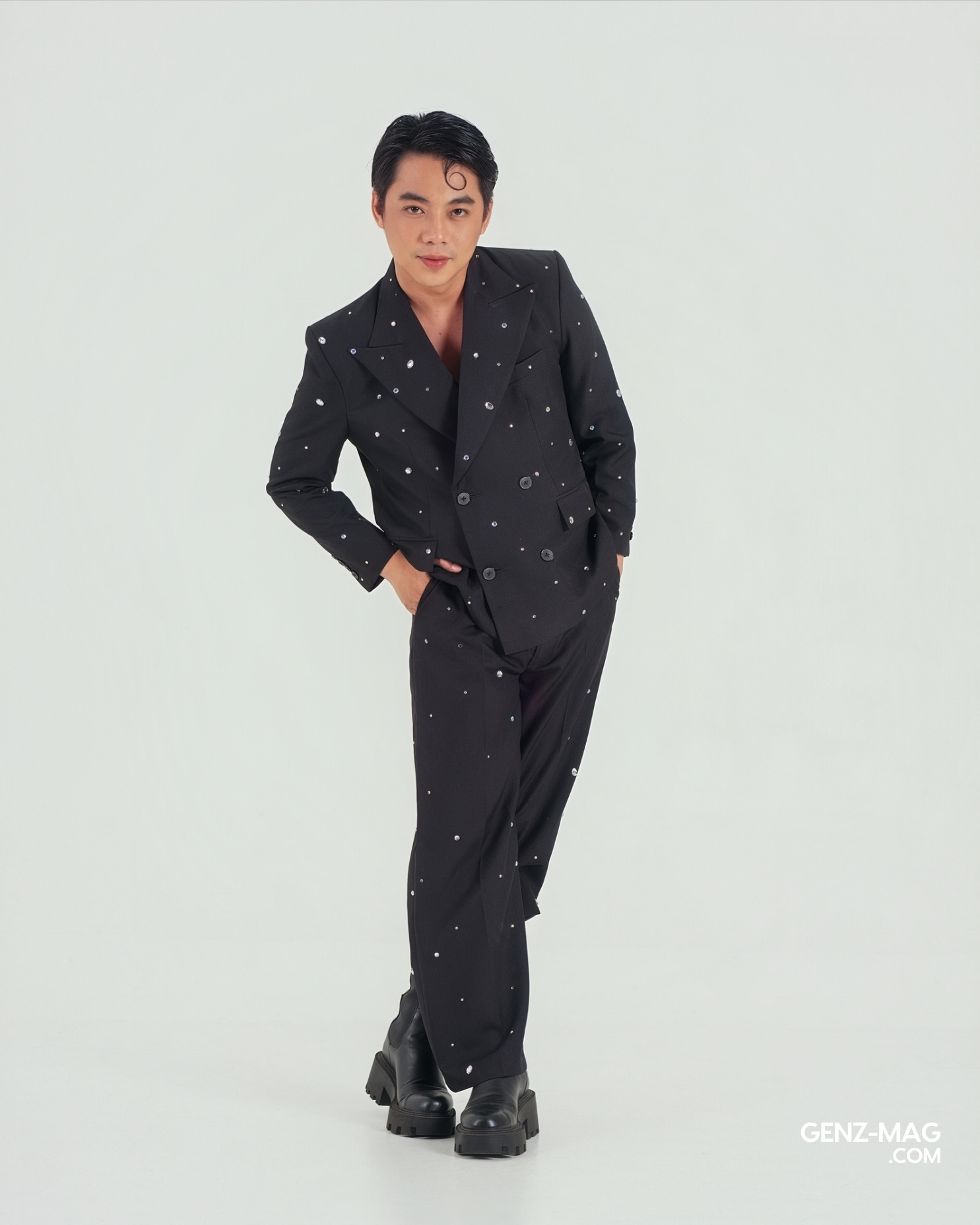
‘Find People You Can Disagree With—and Still Love’: Alex Diaz and the Art of Reconciliation
Law school, for all its rigor, is not just an academic battlefield. It’s also a place where identity is constantly tested. For Alex Diaz, who plays Chris, the journey toward self-reconciliation also hits close to home.

Born to a Scottish-Irish father and a Filipina mother, Alex grew up moving between cultures. He knows what it feels like to belong everywhere and nowhere at once. Chris’s struggles with identity reflect a lot of what the young actor has gone through—growing up in Canada and then coming back home, navigating what it means to be Asian, to be Filipino.
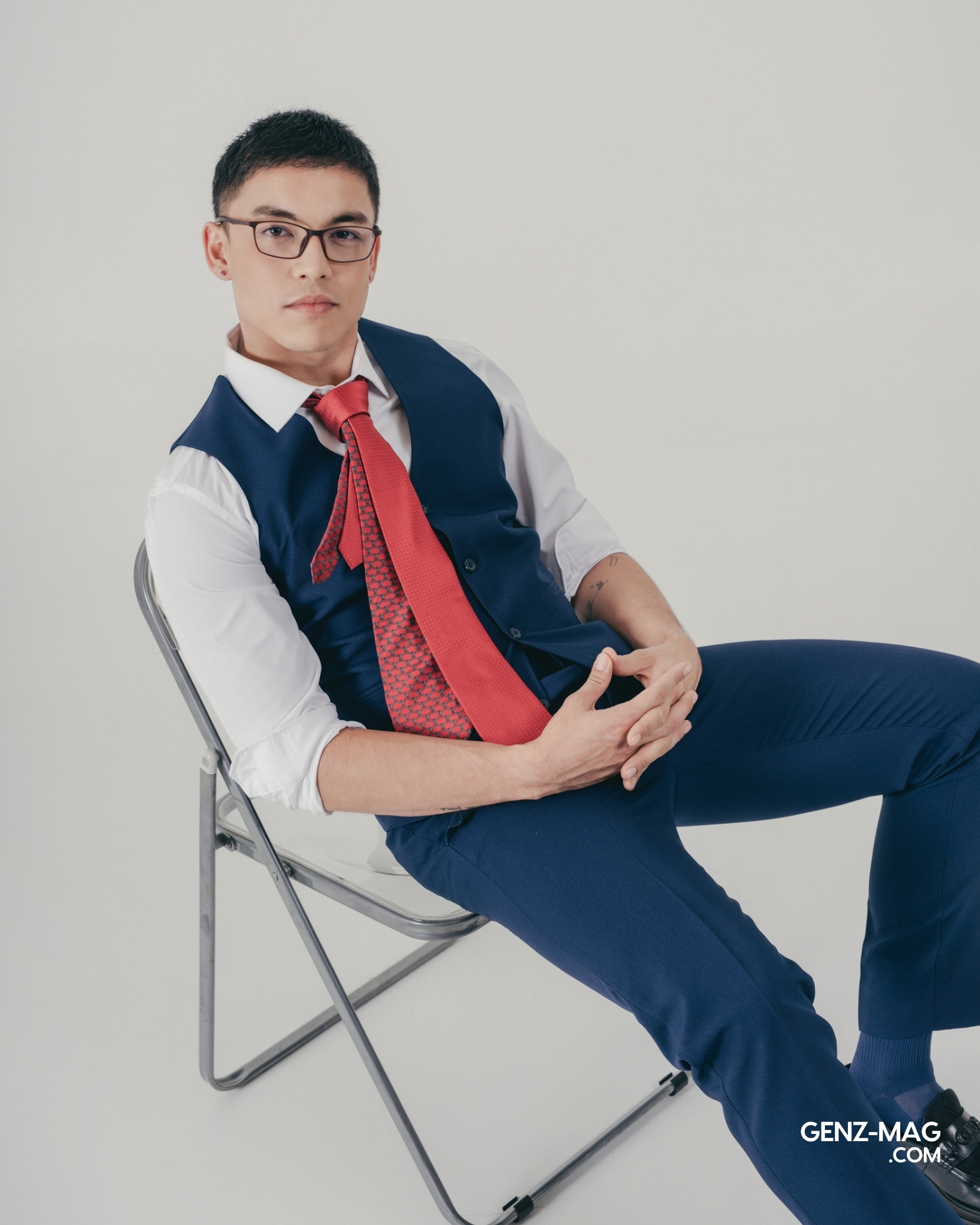
In the musical, one of Chris’s defining scenes is a standoff with his father—a clash of intellect, pride, and pain. It’s a moment that echoes across households where expectations run deep. Beyond the father-son argument, such is a metaphor for how we often deal with differences in love, culture, and belief.
For Alex, the lesson from Chris’s journey reflects the importance not only of the family but also of surrounding oneself with people who challenge you but love you enough to stay.
“You need to find people, find friends who you are not afraid to argue with, and who you have a deep respect for—and who deeply respect you.”
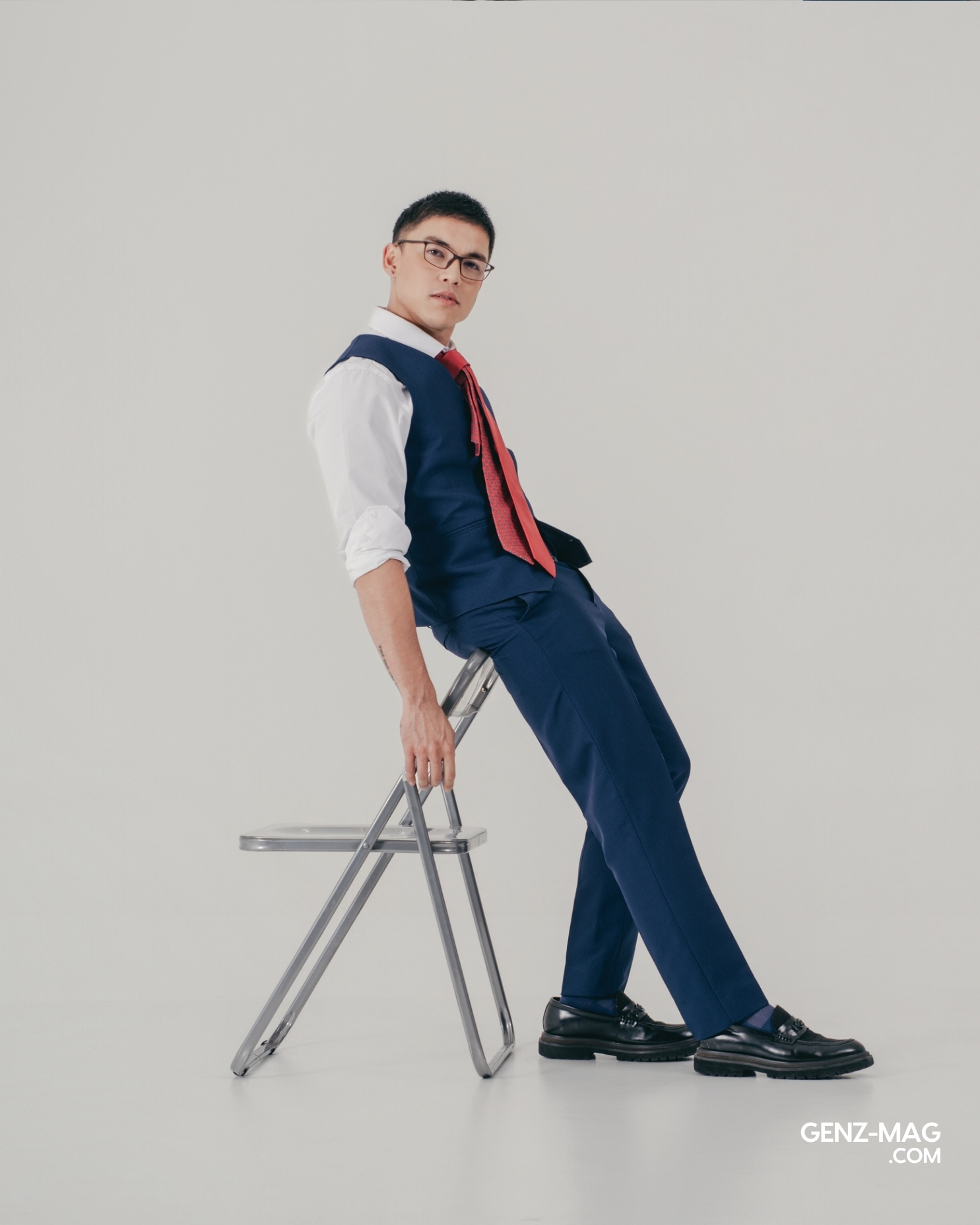
He adds that Bar Boys blurs the line between art and reality. “It really broadened my perspective, and it further grounded me. And I think it just made me love my country so much more.”
Beyond the story of the law students, the musical is a reflection of the Philippines itself. A country divided by class, opinion, and privilege.
“We are all one people, and we need to band together to hold the government accountable. The Philippines is amazing. It just has some shitty people serving it.”
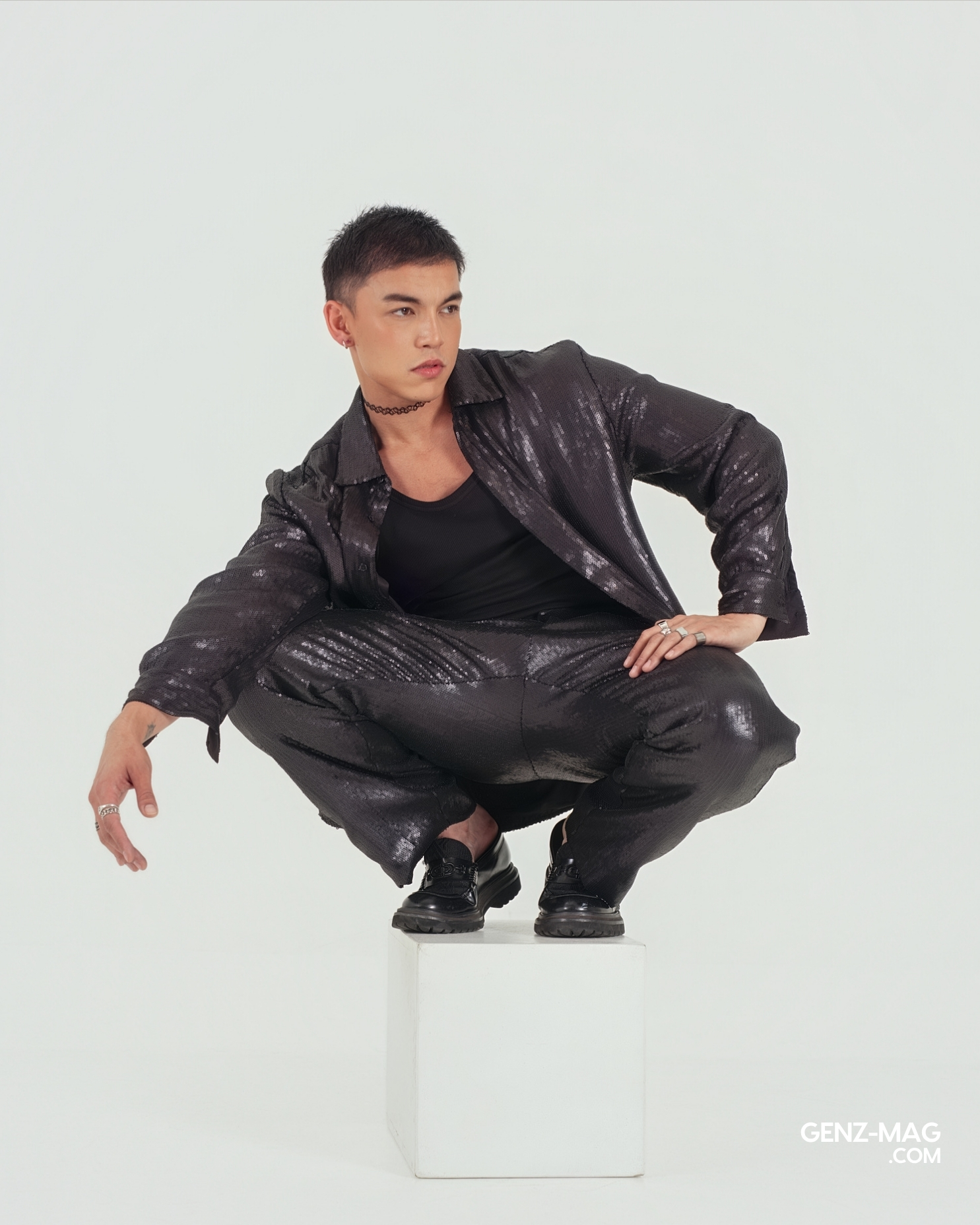
Through Chris, Alex has learned to face the uncomfortable parts of himself—and of the nation he calls home. “There are certain things we can’t change about ourselves—the color of our skin, our gender, the shame we internalize. But in those differences, he reflects how these things also make us who we are. What makes us Filipinos.
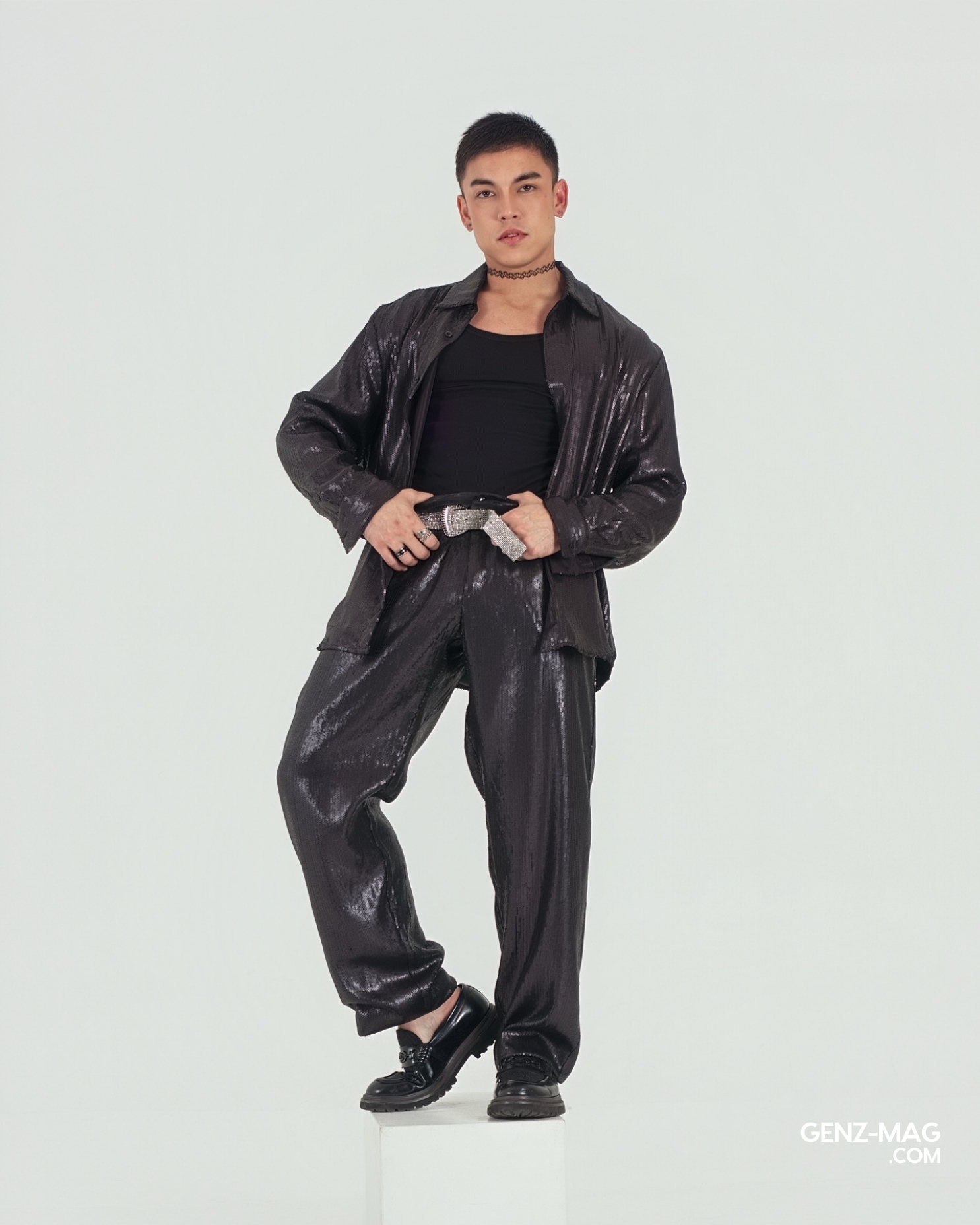
In rediscovering Chris, Alex rediscovered himself as well in the process. “I realized how much shame I was still carrying about something I claimed to be proud of every day,” he admits. And maybe that’s what it means to be a Bar Boy—to face the truth of who you are, and still keep going.
‘We Can Do This; It Will Always Get Better’: Jerom Canlas on Privilege, Pressure, and Purpose
Privilege has many faces. Sometimes it’s visible in material comfort; sometimes it’s hidden in expectations. For Jerom Canlas, who plays Torran Garcia, the struggle lies in that thin space between gratitude and guilt; the push and pull of wanting to live up to your family’s name while trying to live for oneself.
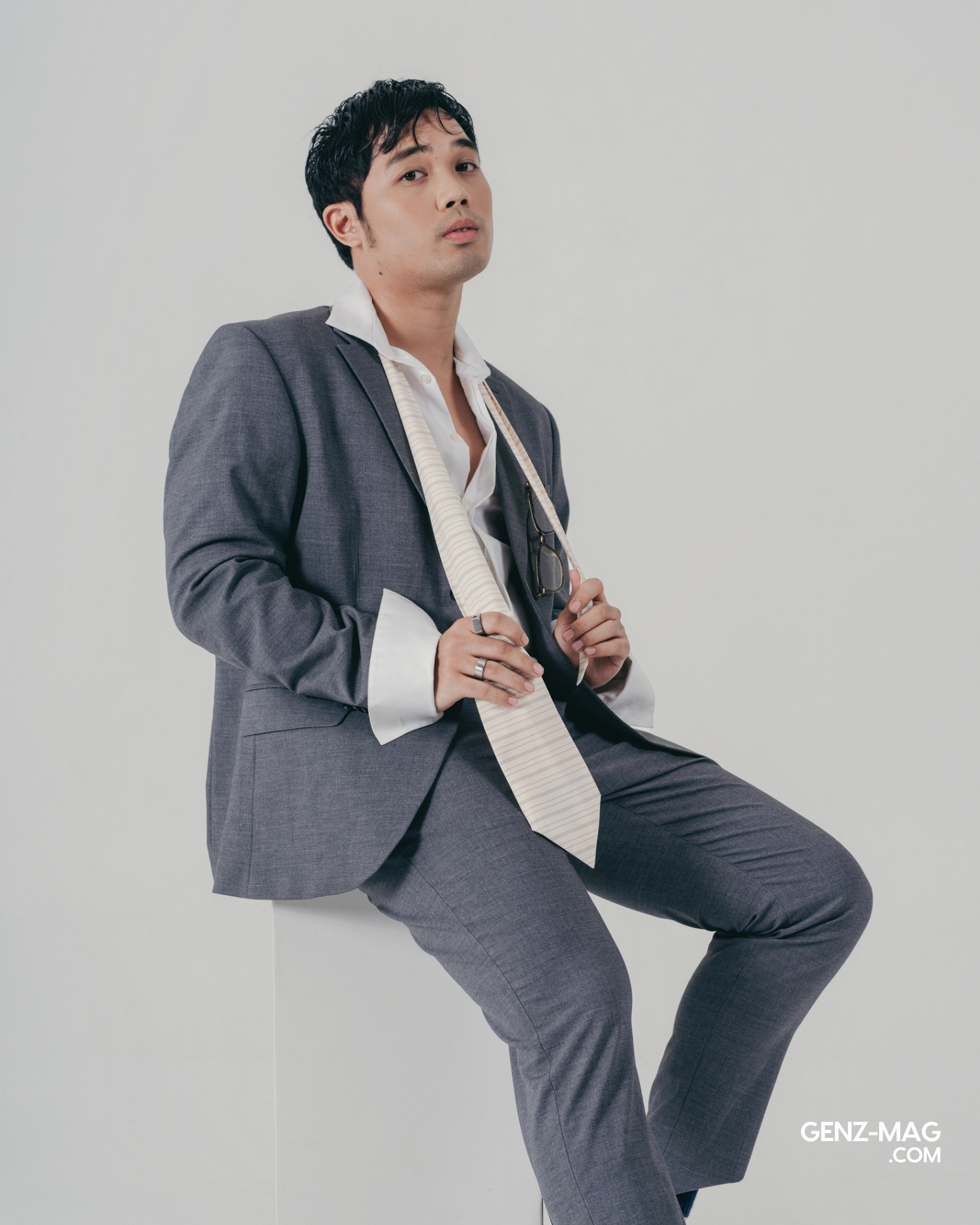
Jerom shares how complex Torran’s character is: someone who comes from a privileged background, but that doesn’t mean his struggles are any less real. He carries the pressure to live up to a legacy. Something that many young Filipinos can also relate to.
While Jerom doesn’t share Torran’s exact circumstances, he understands the emotional weight of expectations. In a tightly knit community like that Philippines society is, love can come with pressure—to make your family proud, to give back, to be worthy.
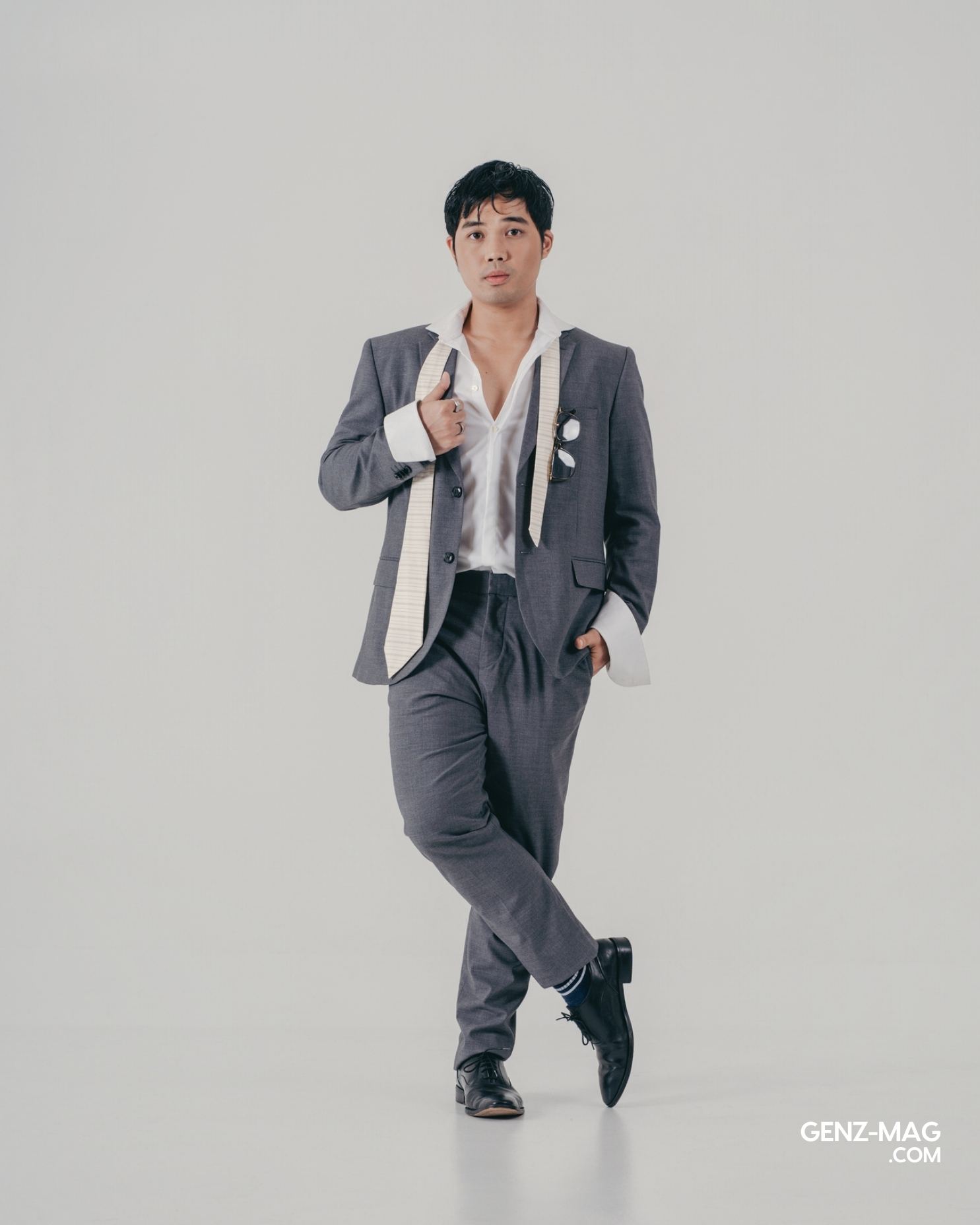
Two songs stand out to Jerom in the musical. The first, Daan ng Pag-Ibig, speaks about learning to make choices for yourself. The second, Ipaglalaban Kita, marks a pivotal moment between Torran and his mother. It’s the moment when he comes out to his mom. And instead of just saying, “Tanggap kita,” the mom says, “I don’t only accept you. I’ll fight for you.” Such a moving scene changes not only the concept of family but also what it really means to have a family.
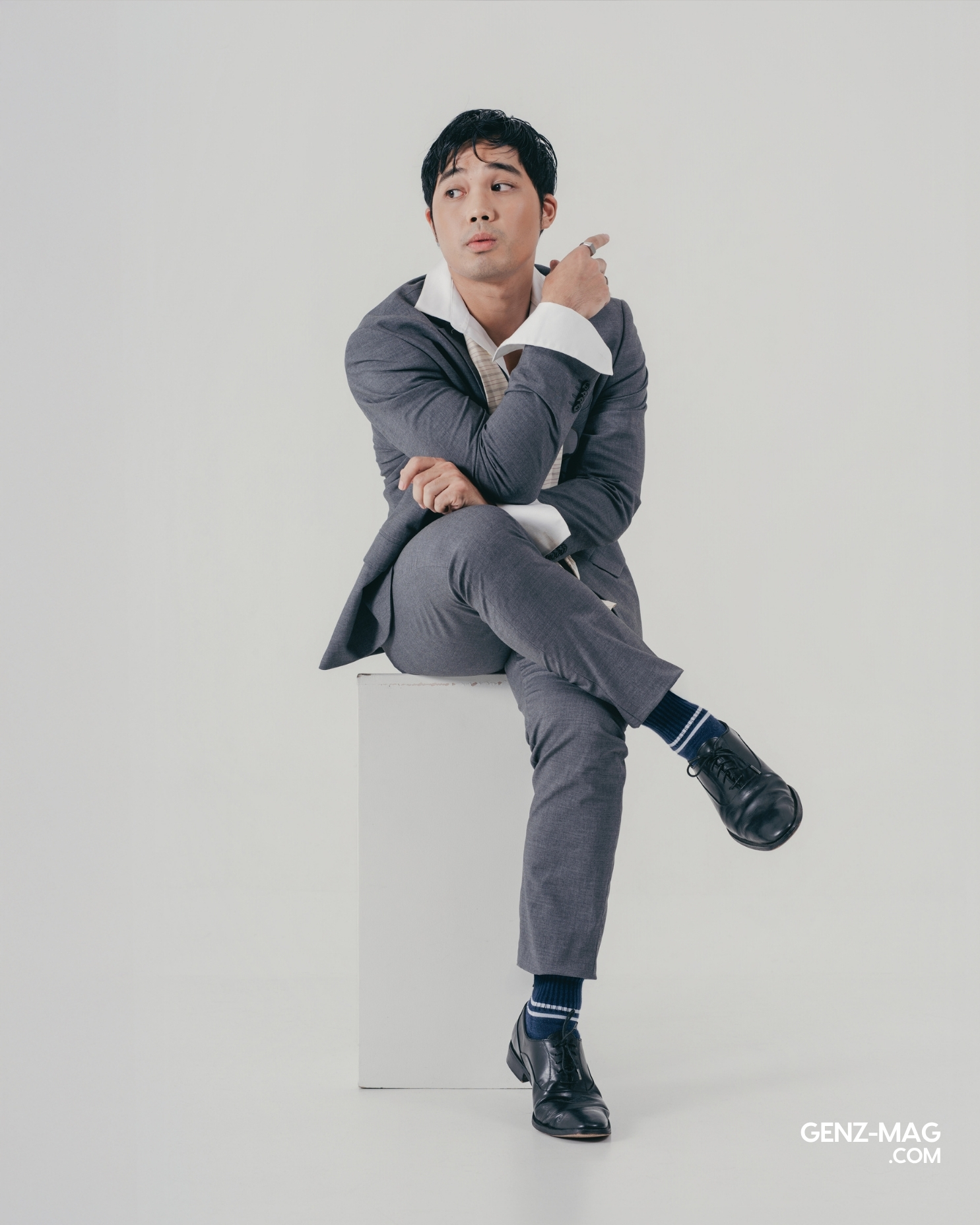
Outside the stage, Jerom describes himself as the kind of friend who makes the effort to stay connected—initiating hangouts, planning parties, keeping bonds alive. “I’m very introverted,” he laughs and shares how he draws energy from people he loves. But his reflections on friendship go deeper than just meetups and planning parties. Right now, with everything happening in the country, for him, it is important to find people who understand what you value. Bar Boys remains relevant because corruption is still here. Injustice is still here. “It’s a story of youth. Hindi lang ng Bar Boys but lahat ng ensemble going through a journey of empowerment; also, of enlightenment in our justice system, our law.”
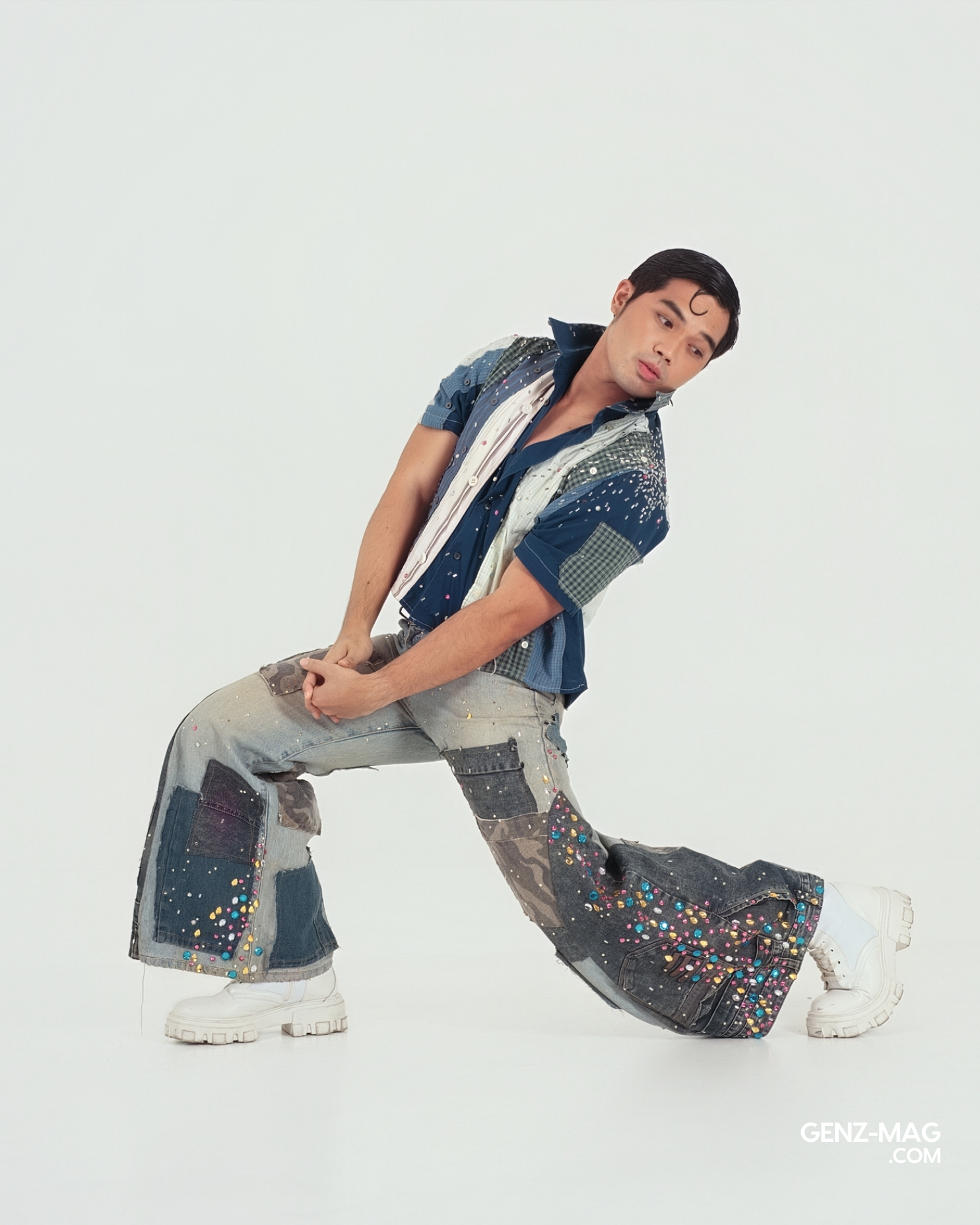
Jerom sees Bar Boys as a microcosm of the Philippines: hopeful, chaotic, and constantly pushing forward. It’s a reflection of how the youth are standing up despite the pushback. It keeps going, moving forward, hoping for the better.
“Kahit na may hopelessness ngayon, what we can do is bumangon, move forward, and continue. It will always get better. Walang mangyayari kung hindi natin susubukan muli.”
As an actor, Jerom says the experience has deepened his empathy to become a real and proactive member of the Filipino society. “Ang hirap mangarap sa bansa. Ang hirap magpatuloy. Ang hirap maging mabuti,” he admits. “So, ang magagawa natin ay patuloy na lumaban. Patuloy na maging better.”
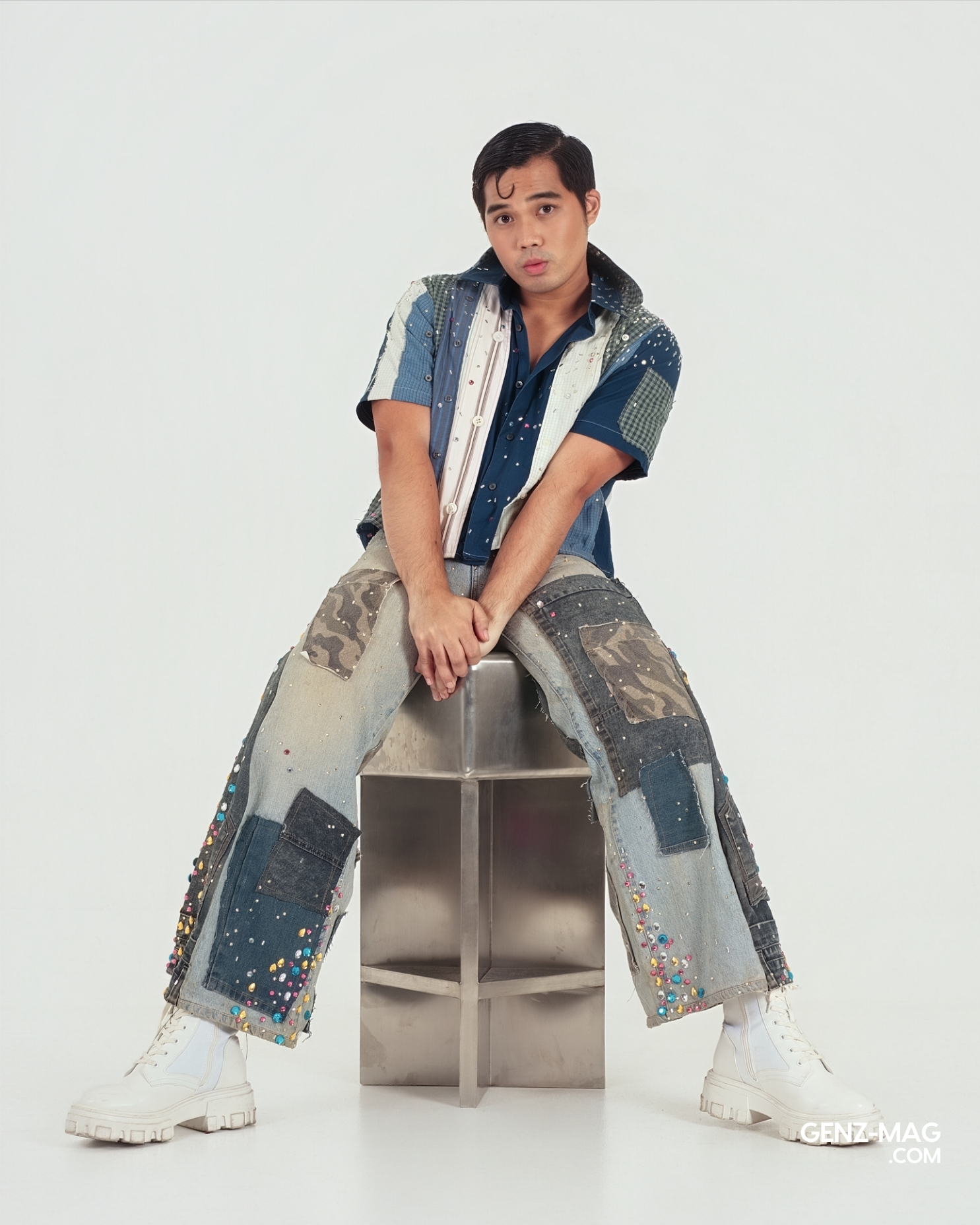
Transitioning from straight plays to musical theater also gave him a new appreciation for the craft. “Theater is powerful,” he says.
“Being there live, sharing the same energy, that same space, it’s a powerful medium—and that’s why I keep coming back to the theater.”
‘Everything Will Be Better’: Omar Uddin and the Courage to Choose Your Own Path
Not every dream leads to the same destination. Sometimes, the bravest thing to do is to walk away from a path that no longer feels like yours. For Omar Uddin, who plays Josh, that’s what makes his character so compelling: the courage to choose differently.
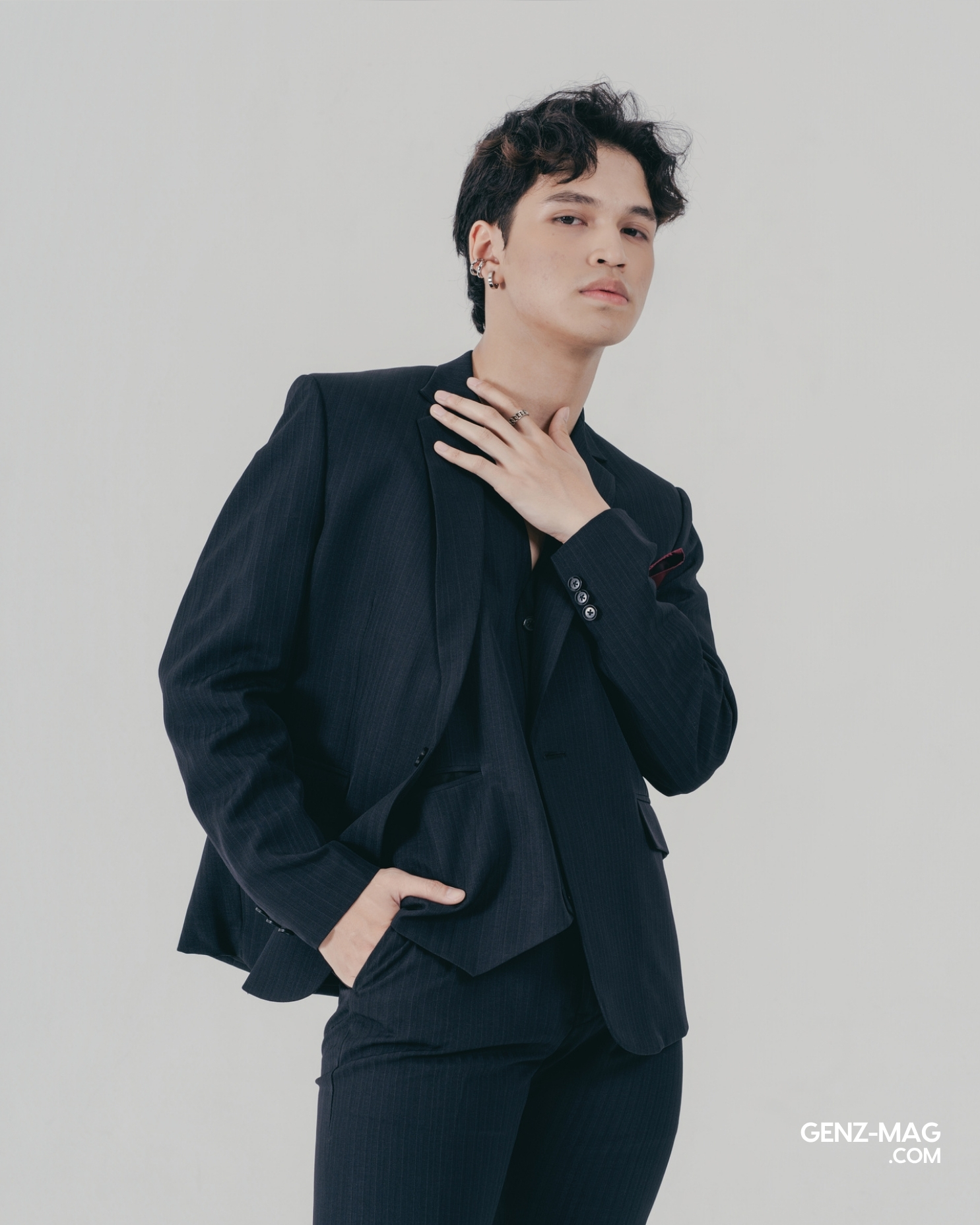
Like Josh, Omar believes in finding peace within one’s own choices. “For me, friendship is one of the most important things because when you have a group of friends with you, it’s much better to hear other people’s opinions about life.”
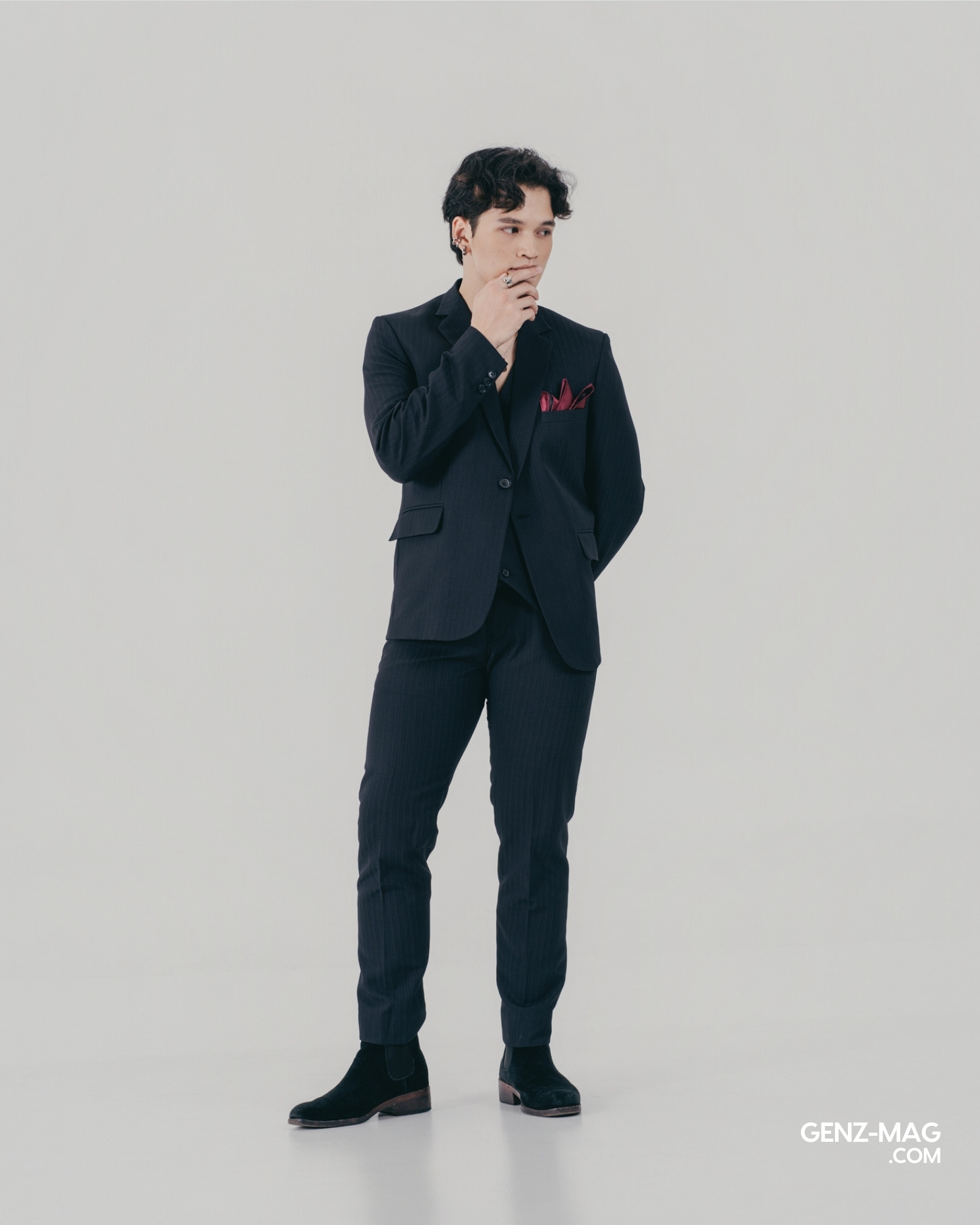
Omar approaches his characters with meticulous care. He studies their thoughts, their environments, their nuances. He basically trains to become the character he portrays. Through Josh, he learned the importance of inner peace. “Everybody should find their inner peace and should find who they really are. They should know deep in their hearts that they know what’s good for them. What’s best for them.” But more than anything else, he also emphasizes the importance of accepting one’s limitations.
“Accept the fact that there are things that you can’t do and there are also things that you can do better than other people.”
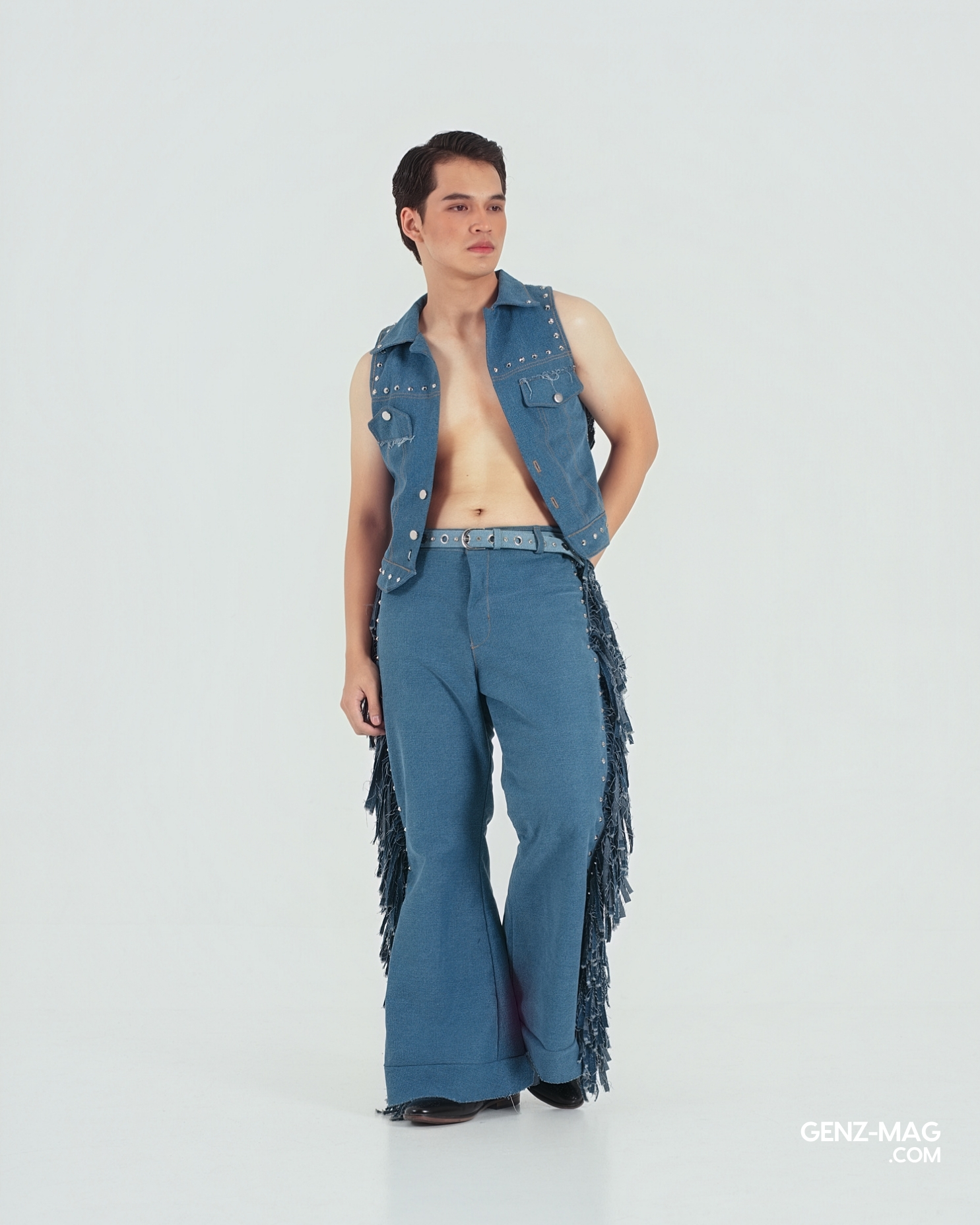
Josh’s plight resonates deeply with Gen Z audiences—those who are unafraid to stand up for what they believe in, yet constantly face systems that limit them. “Marami lang ding preventions,” Omar says. “It’s about hierarchy and stuff, and who’s leading this country.” But he also acknowledges how passionate the young people are about what they think is right or what they think is right for future generations.
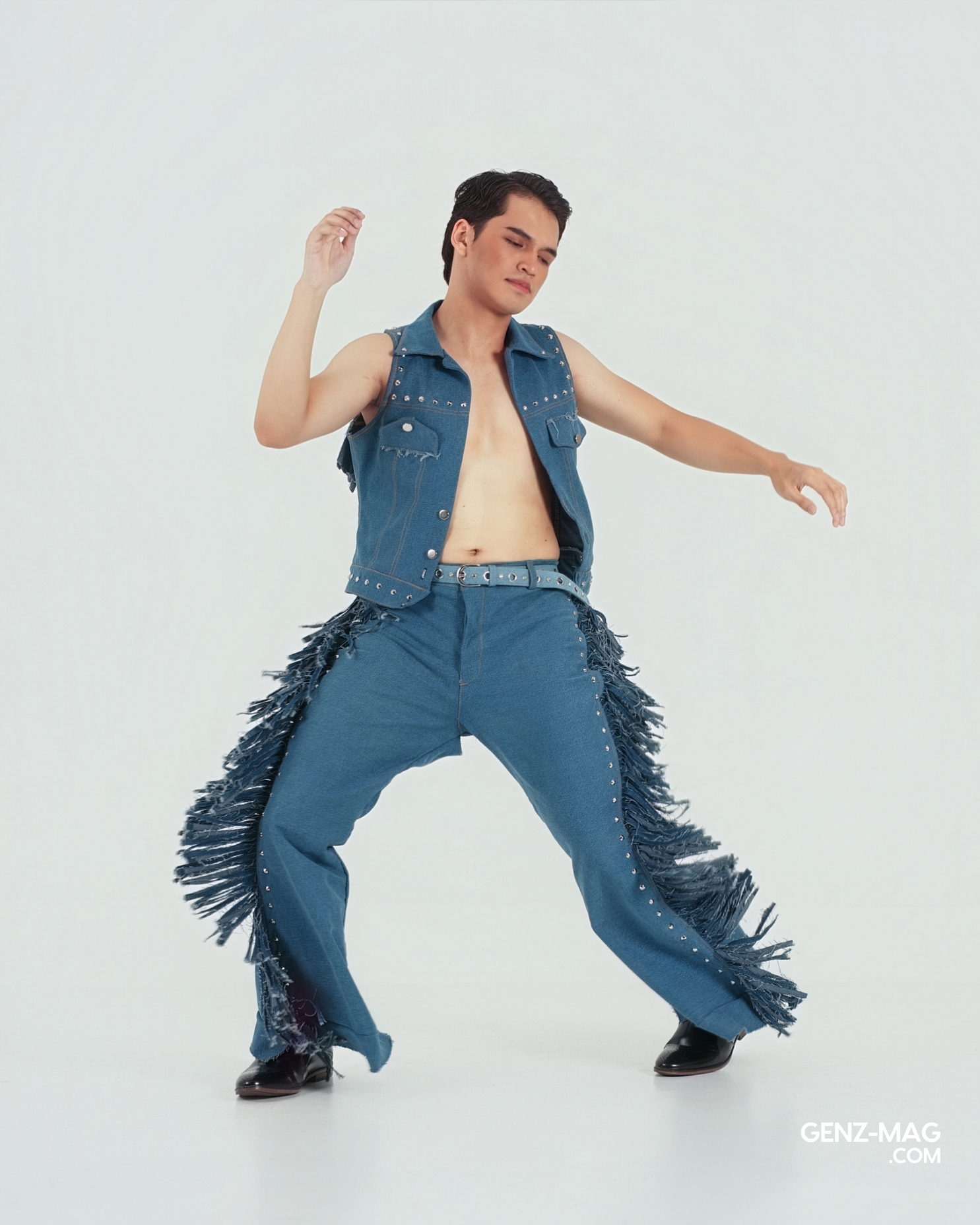
Omar admits that he has been learning so much from the character of Josh. And he hopes that when people watch Bar Boys, they will also gain wisdom and keep empathetic towards people, or sympathize with them. One of the beautiful messages that Bar Boys tells is how, despite the many challenges that come along the way, everything will be better in time. ‘All will be alright in time,’ as Ben&Ben puts it.
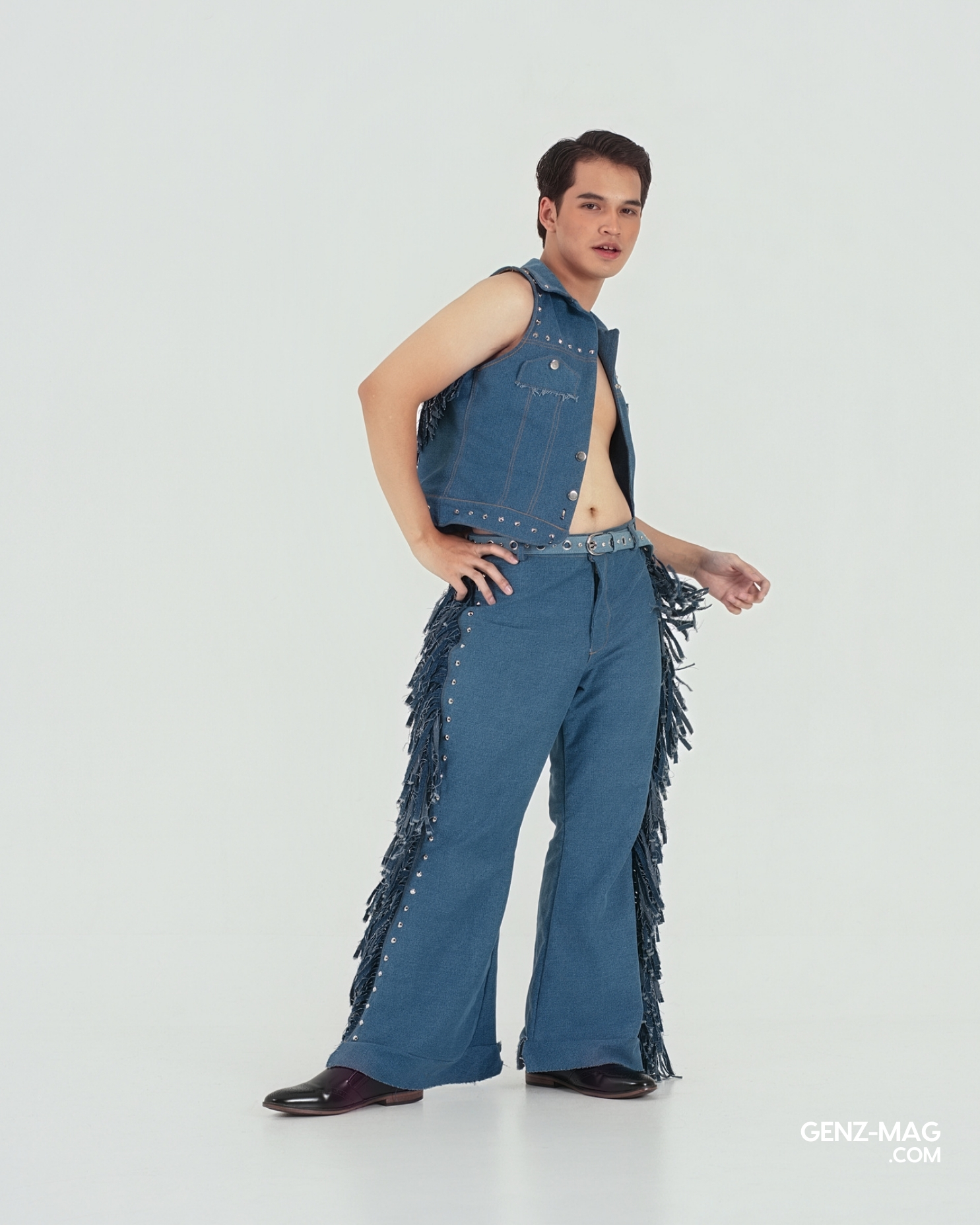
“There is hope, and we just need to be patient about it because everything will be better. But in order to be better, you would need to go through hardship because in great sorrow comes great joy.”
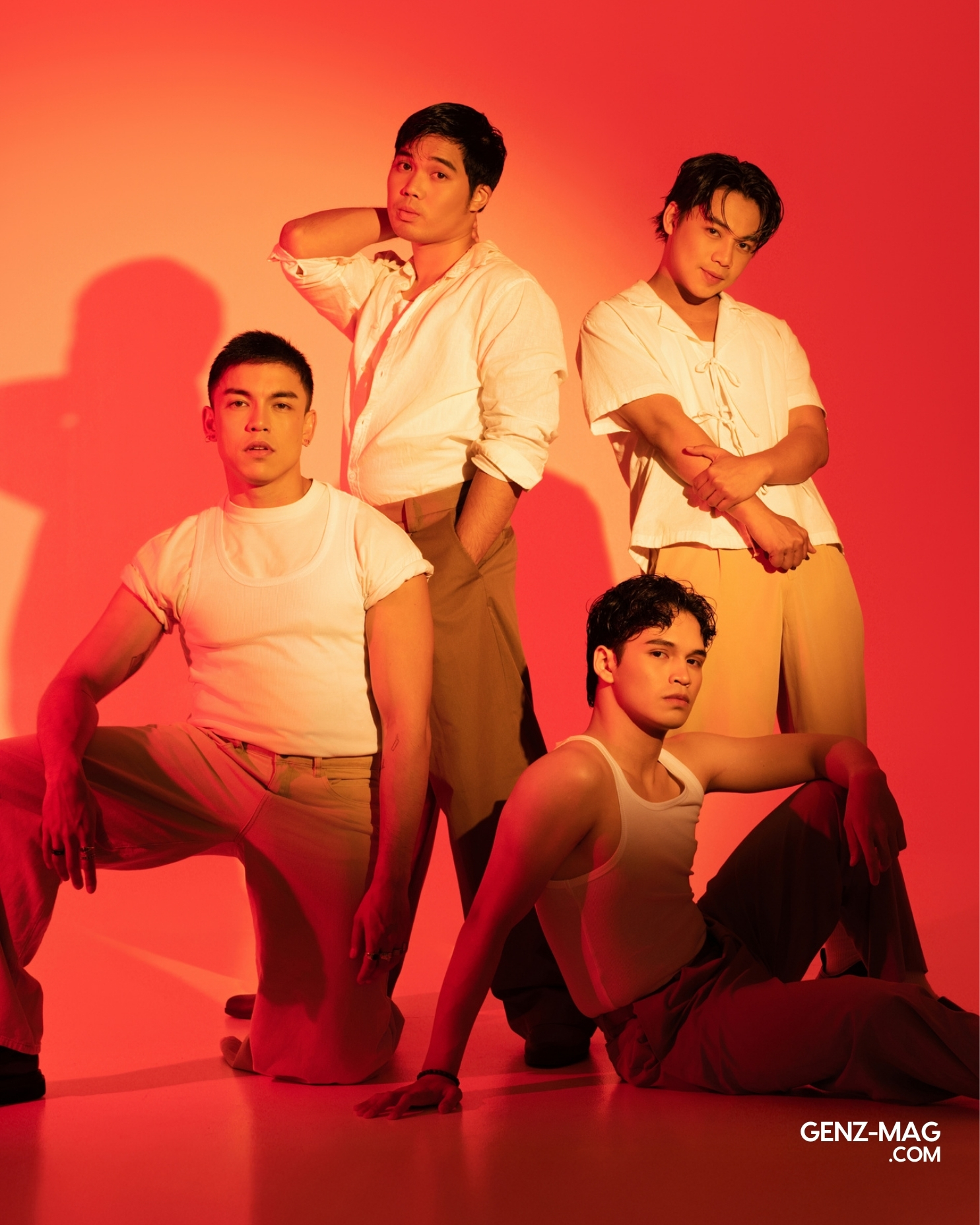
Law, Life, and Lessons of ‘Bar Boys: The Musical’
For Benedix, Alex, Jerom, and Omar, we get to see that beyond the stage project, Bar Boys: The Musical is a reflection of real life, of real people navigating a flawed but beautiful country. “Bar Boys tells the stories of real people,” as Omar aptly puts it. At its core, Bar Boys is about friendship that holds you steady through uncertainty. It’s about dreaming in the face of impossibility, about doubting but never giving up, about loving even when life feels unfair. And perhaps that’s the quiet magic of this story: it reminds us that while the law may be about justice, life is about grace.
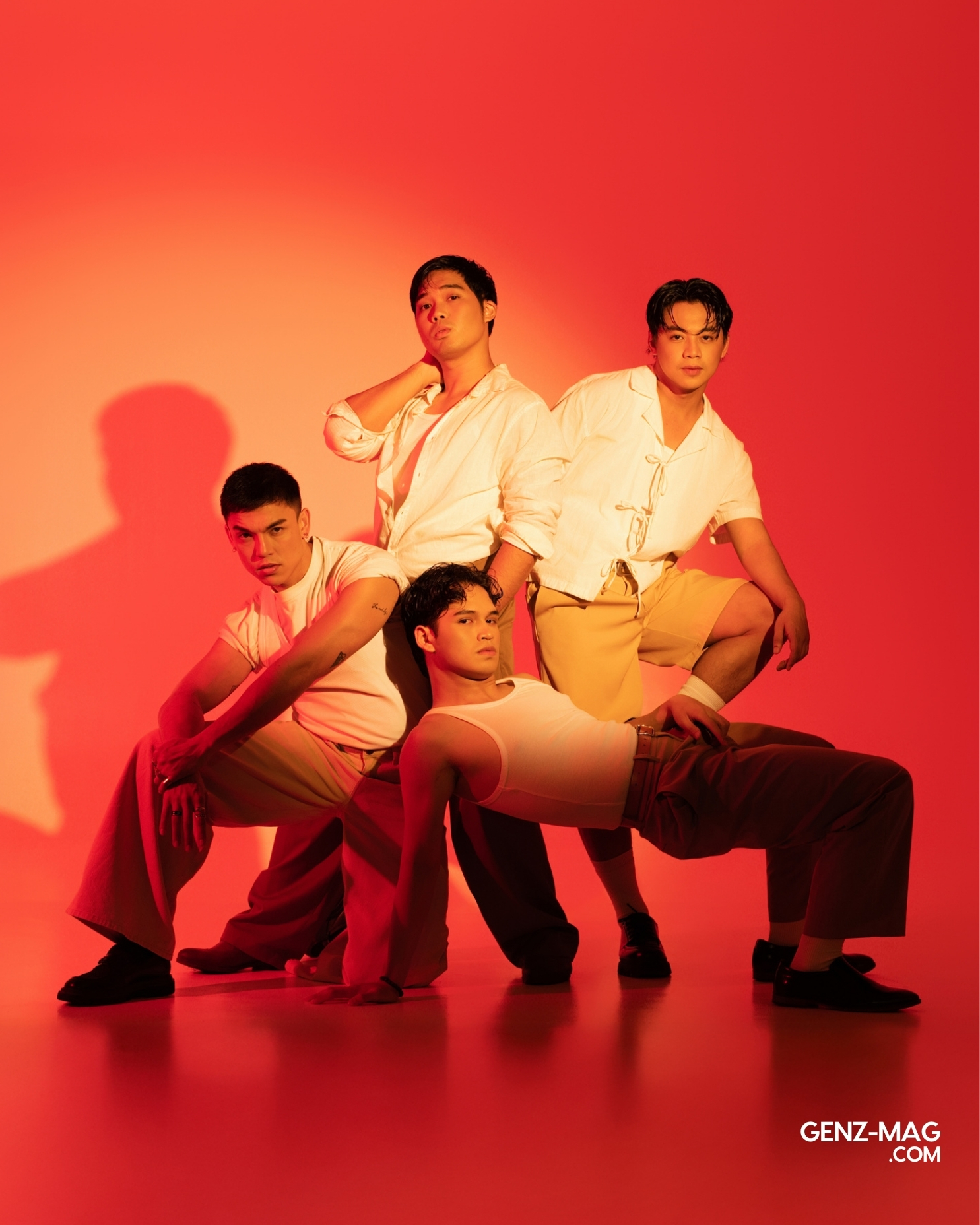
The world will always be filled with pressure, expectations, and systems that fail us. But as the cast of Bar Boys shows, there will also always be friendship, love, and the stubborn faith that we can make things better. Because in the end, no matter who we are—lawyer, dreamer, or artist—we are all just trying to pass the same kind of bar: the test of keeping our humanity intact in a world that asks us to forget it.
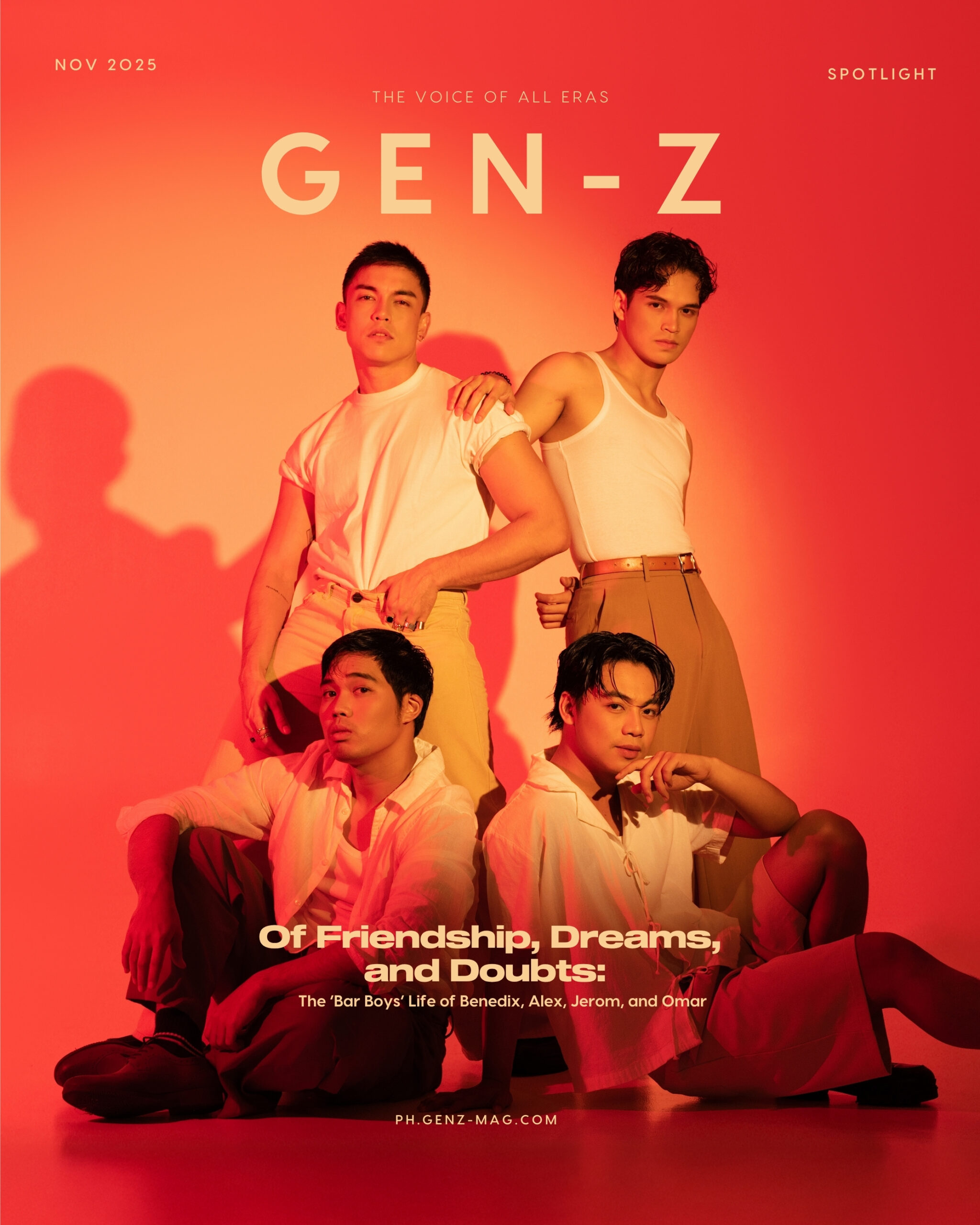
Creative Direction & Photographed by Em Baun
Shot on location: The Villa Studios
Hair & Makeup by Cee Studios by by Aira Castor | Ram Diaz
Styled by: Bryan Laroza, Assisted by EJ Broas
Special Acknowledgement: Barefoot Theatre Collaborative
Shoot Assisted by: Ayi Gamutan, Jared Magayaga, Kristal Irish Viesca, Rhea Ramos
Overall Coordination: Niccole Mendoza | Angel Altura | Mary Jane Manglicmot

